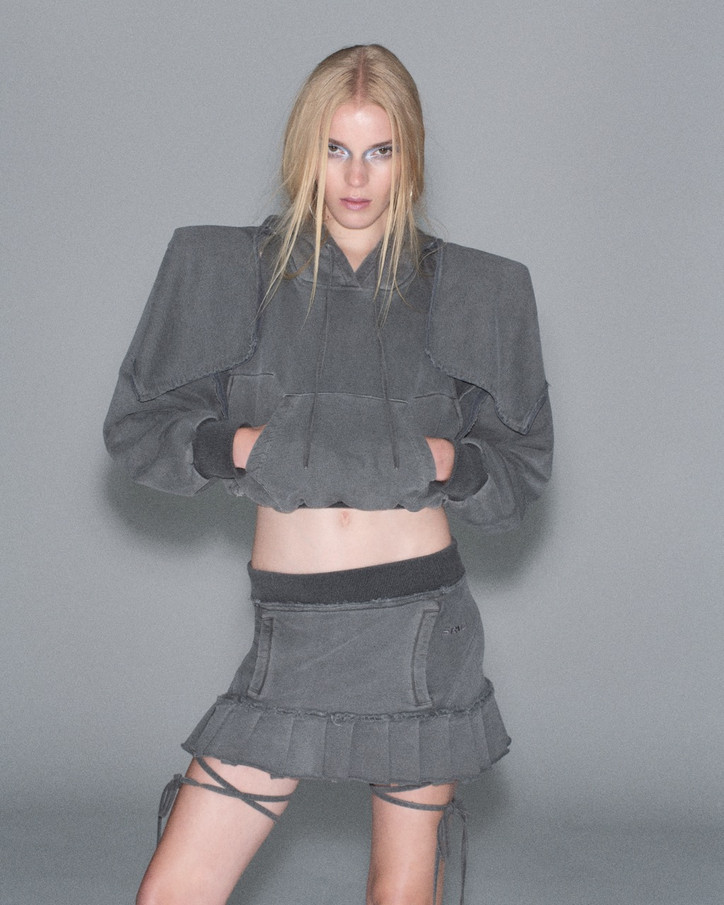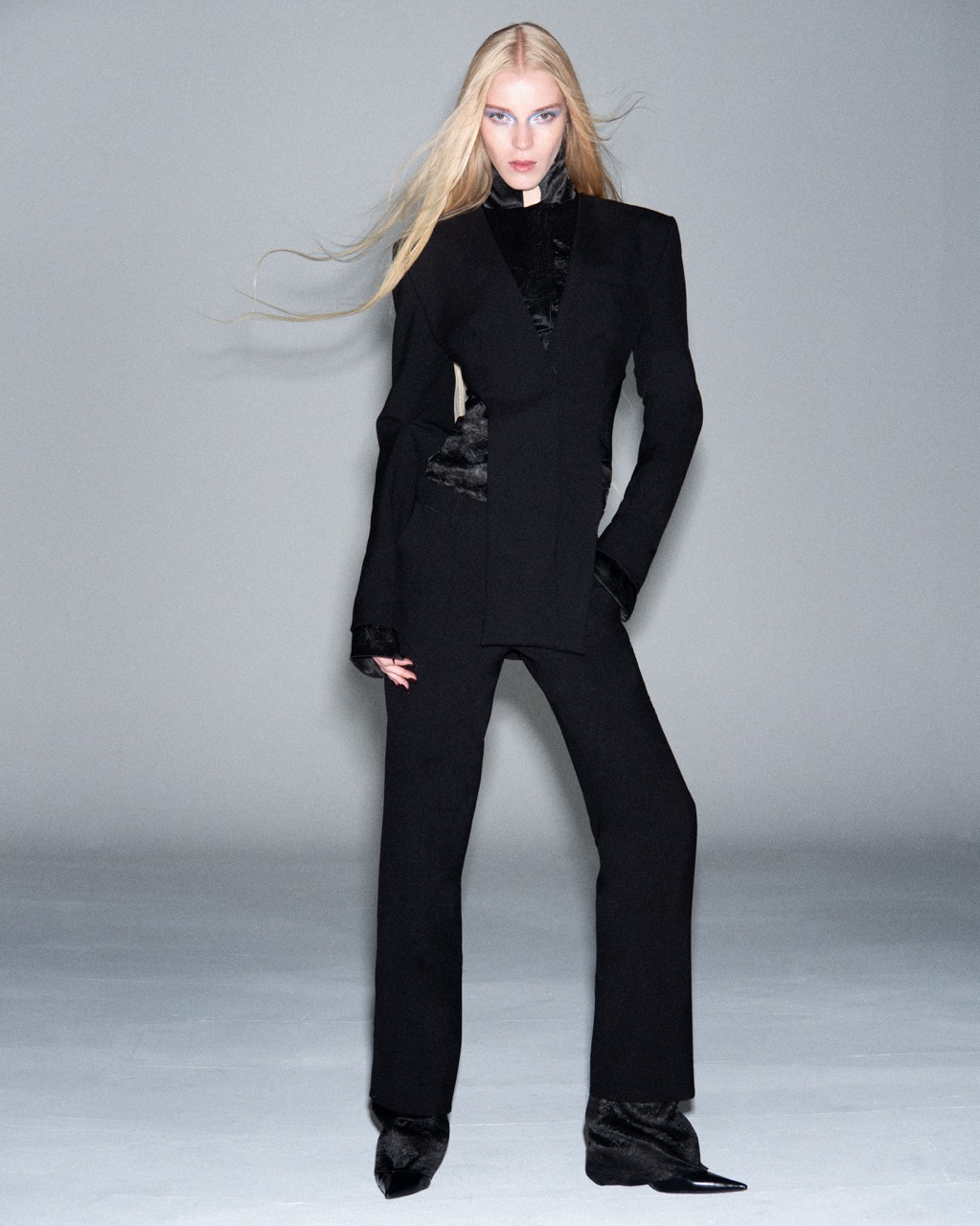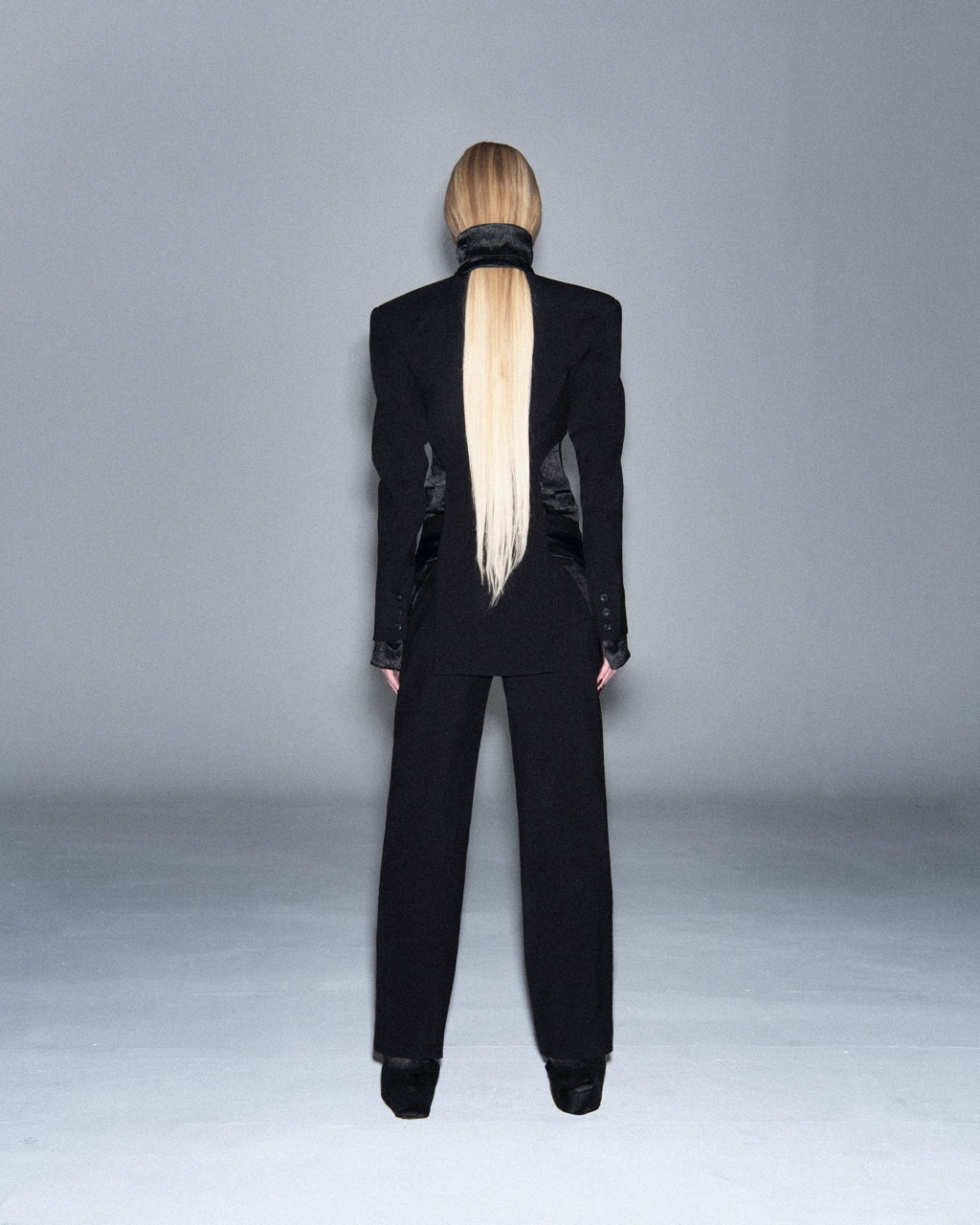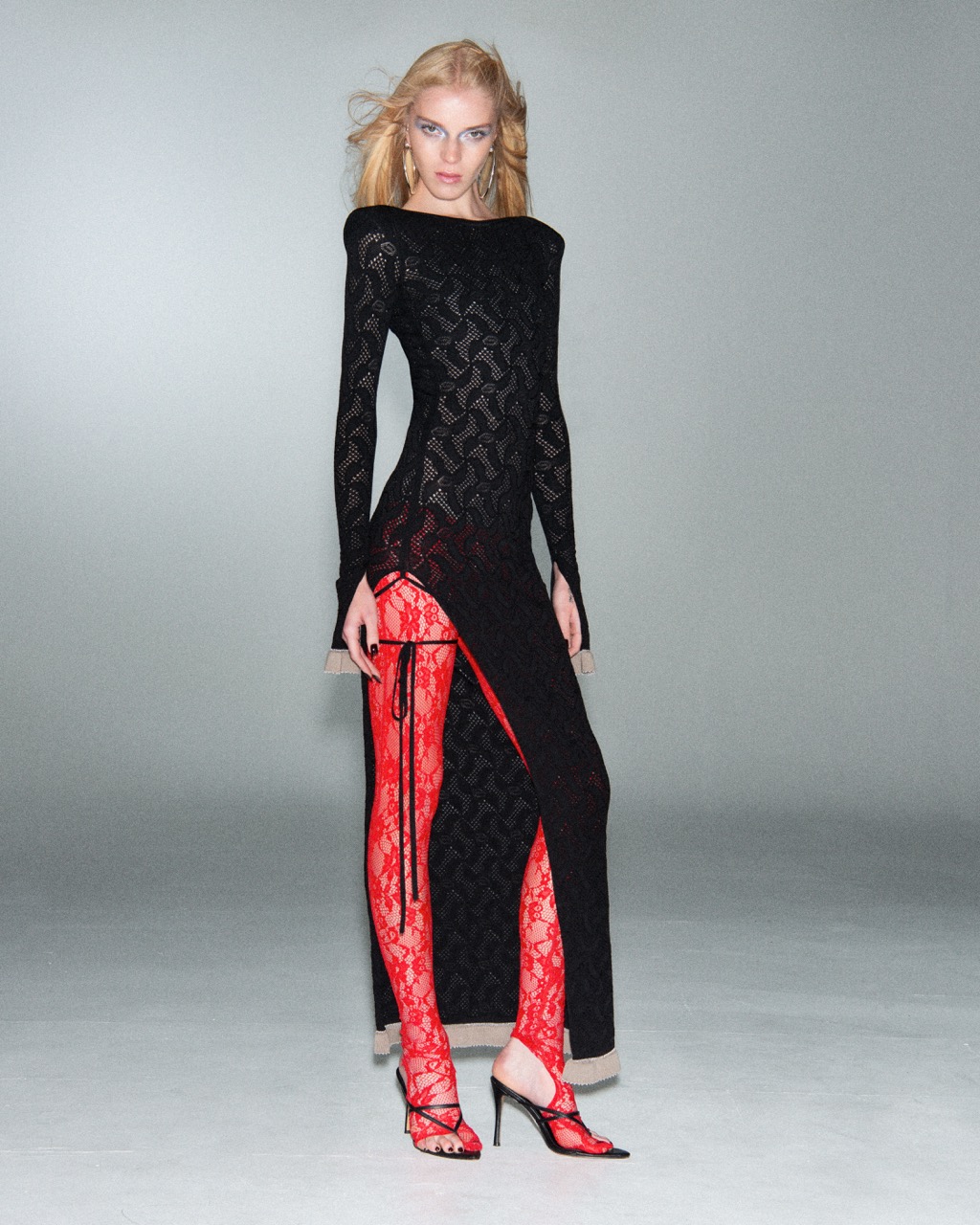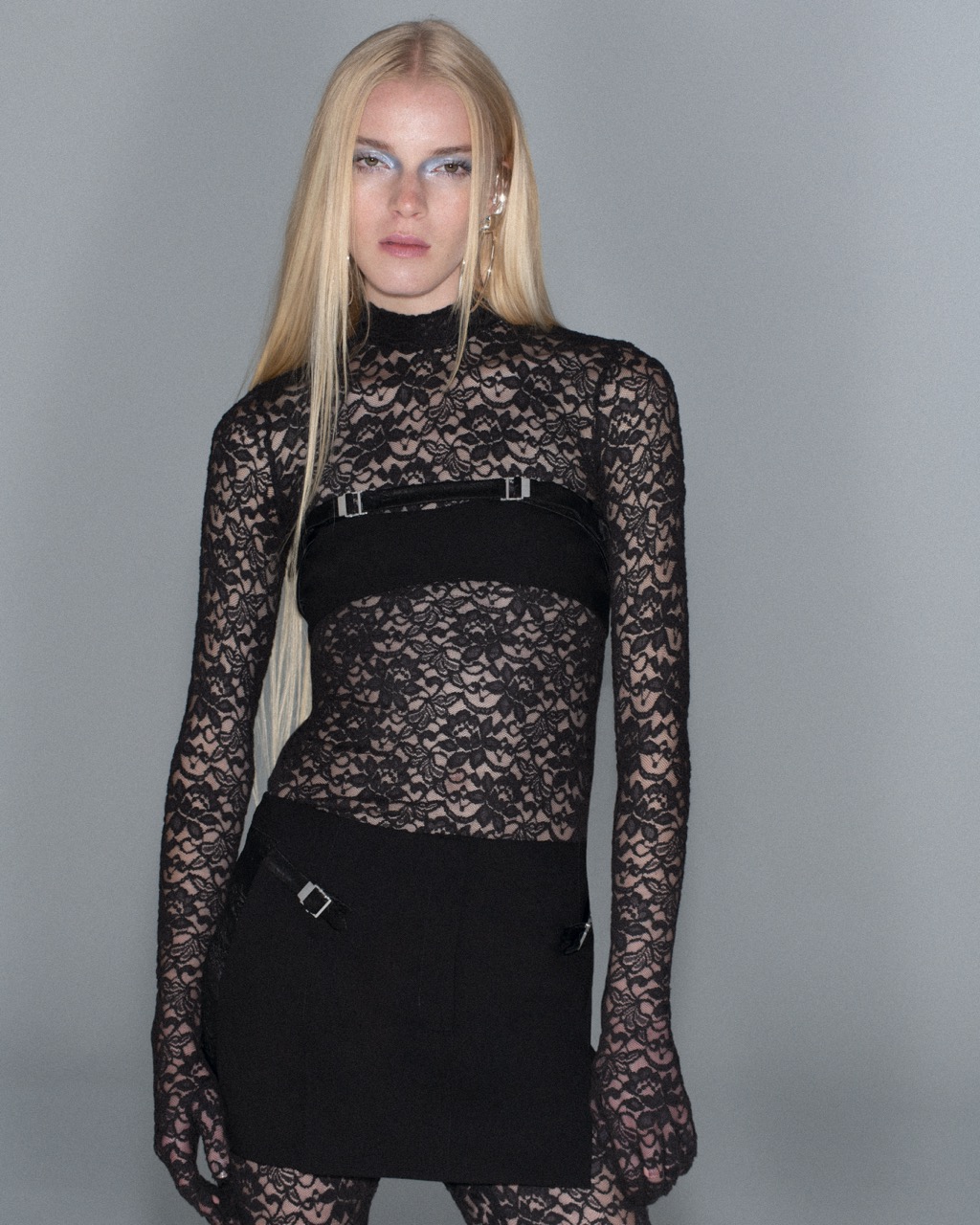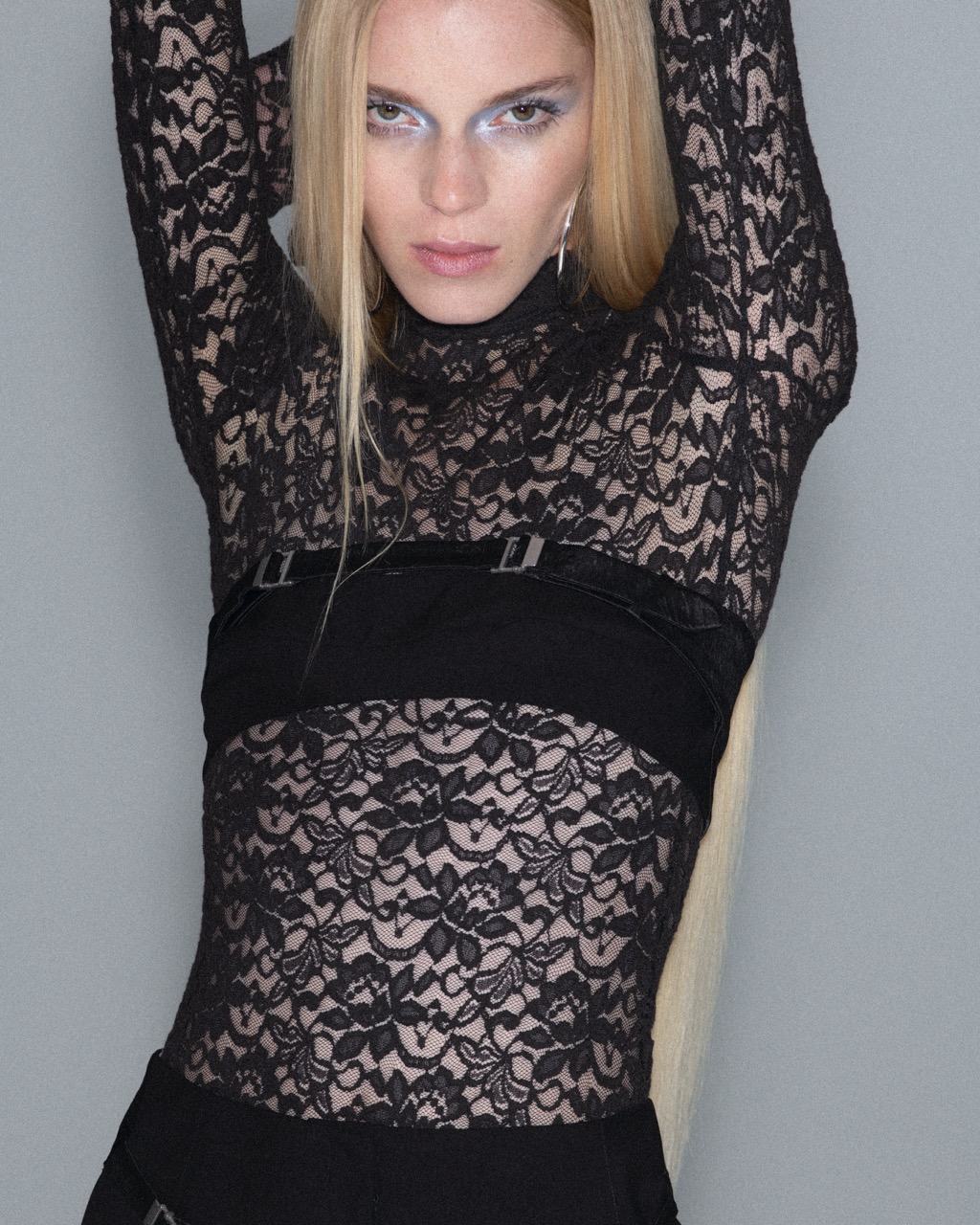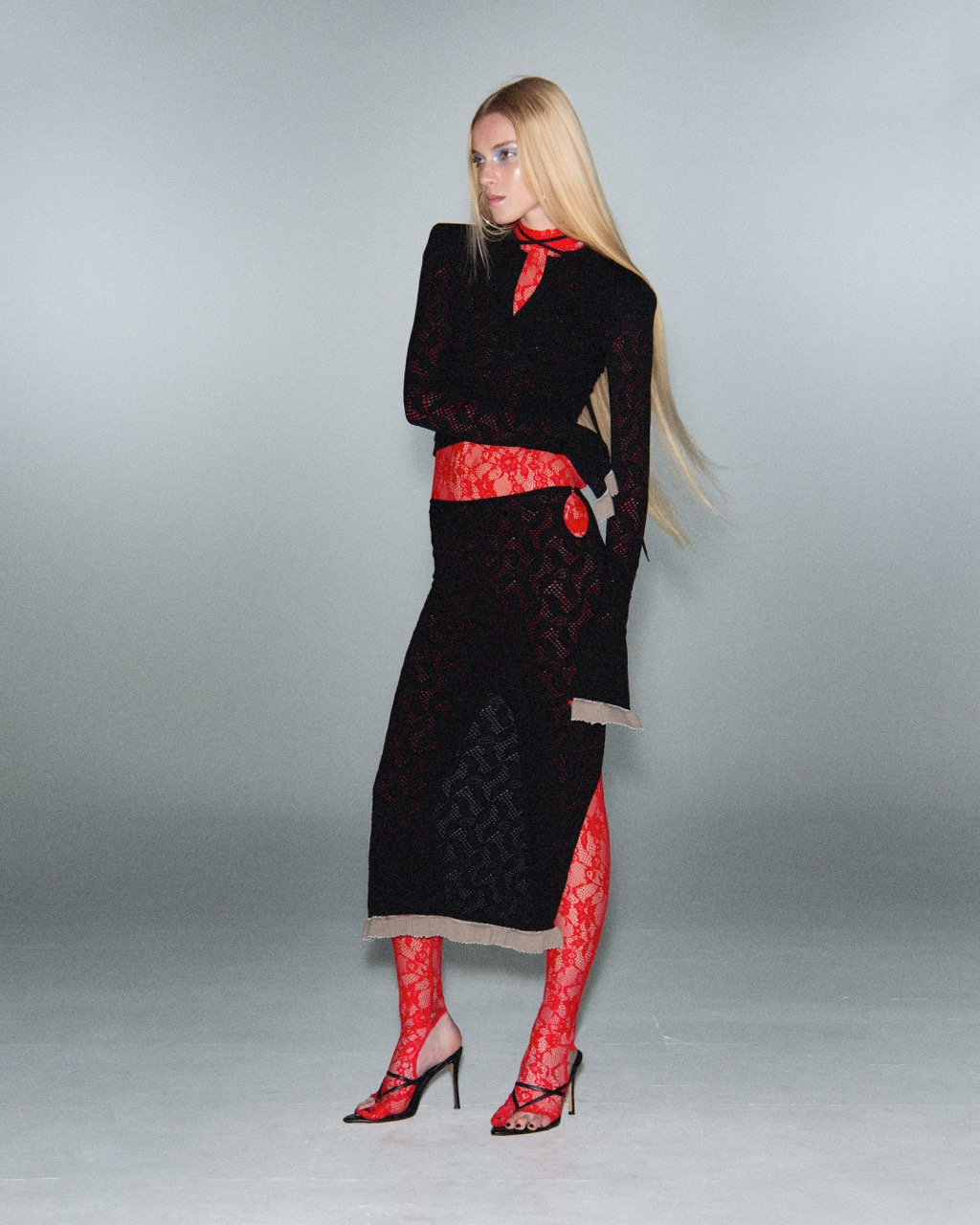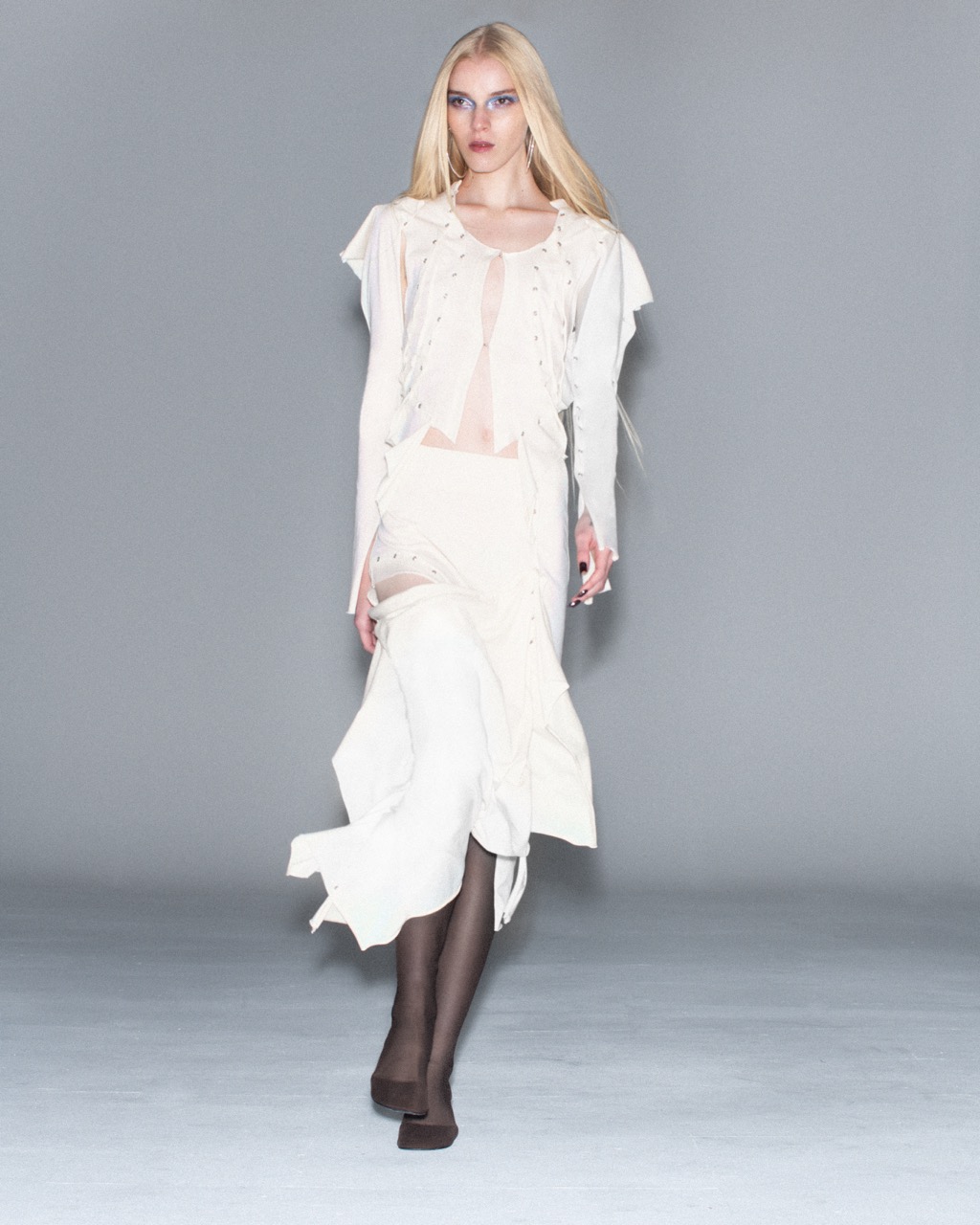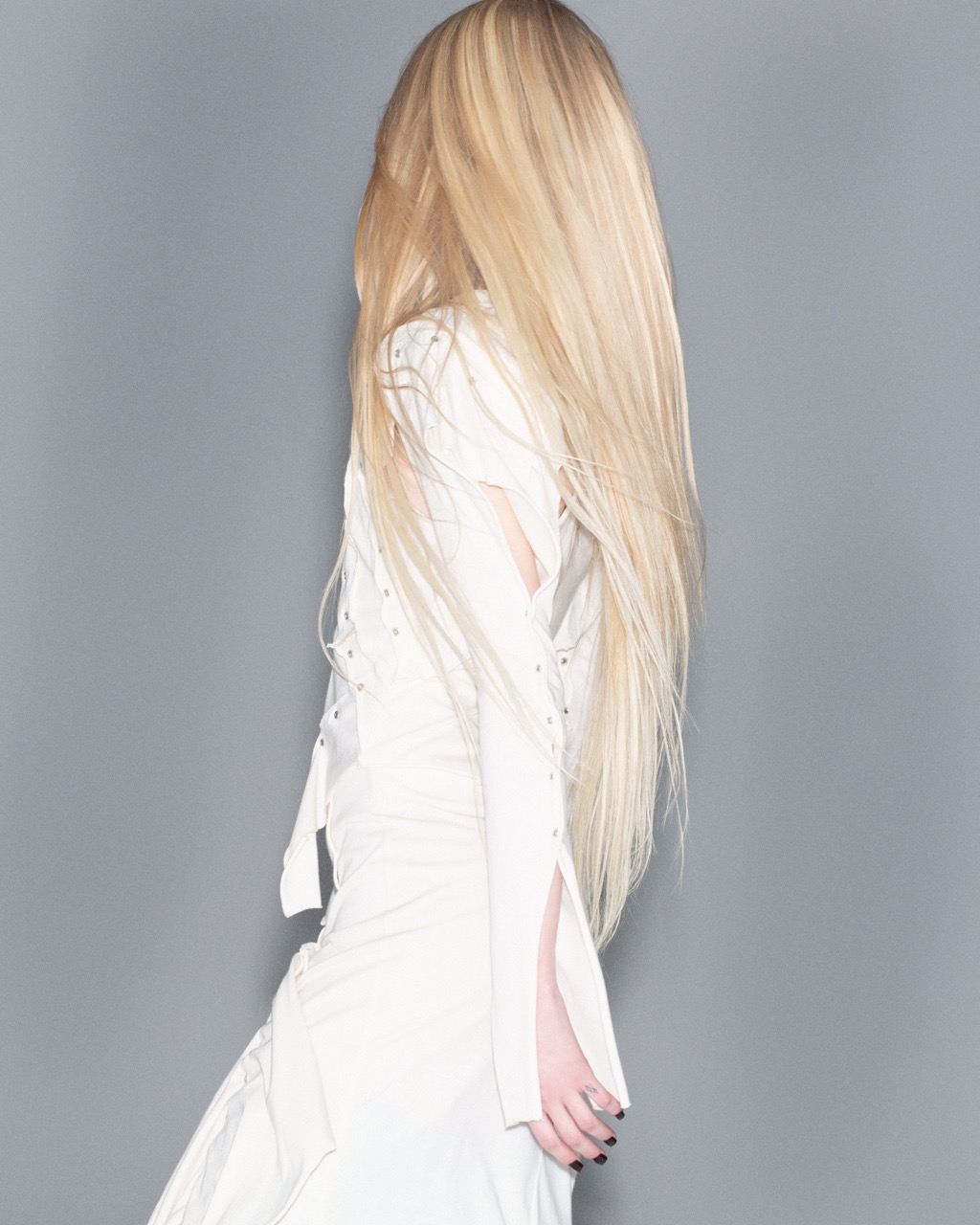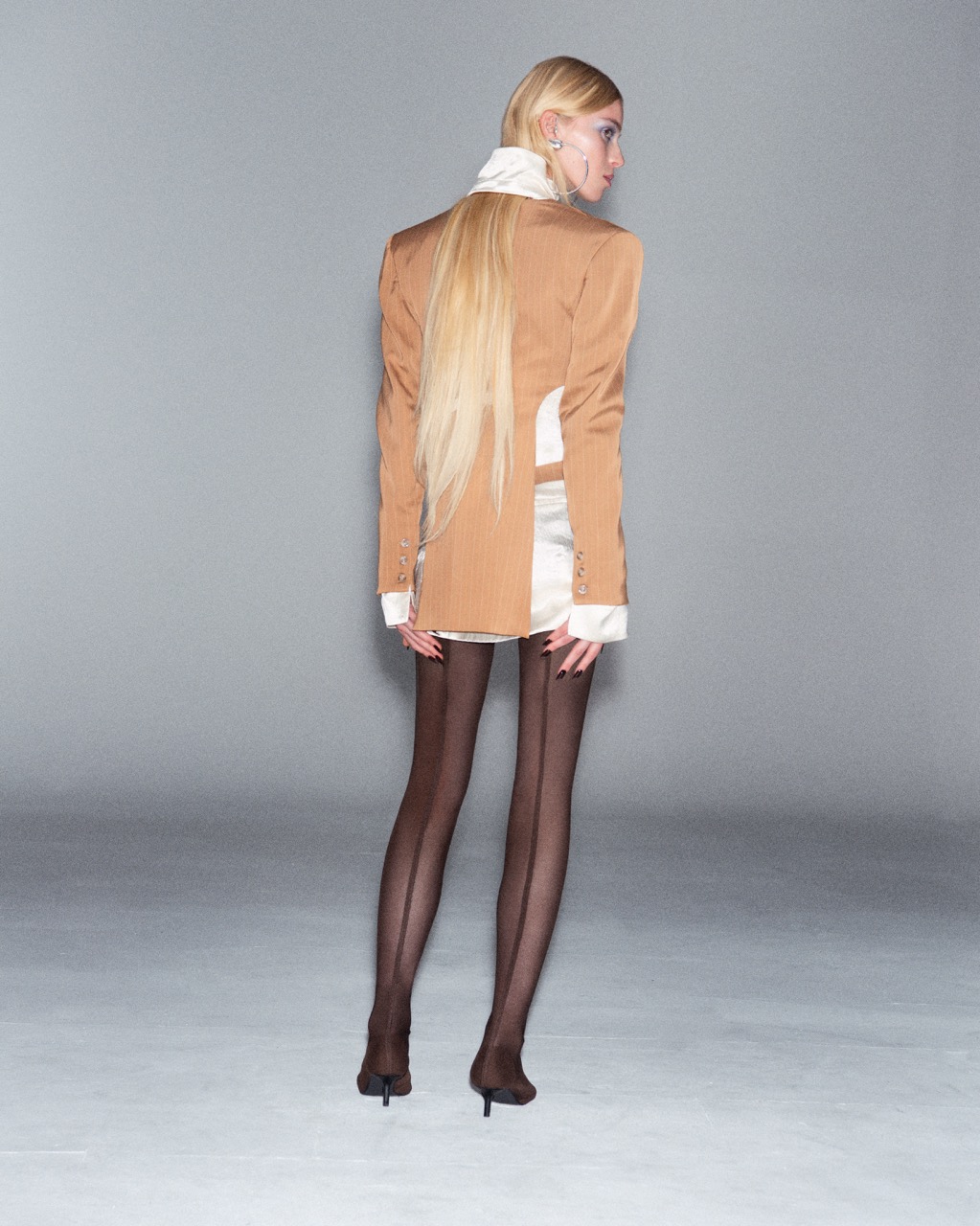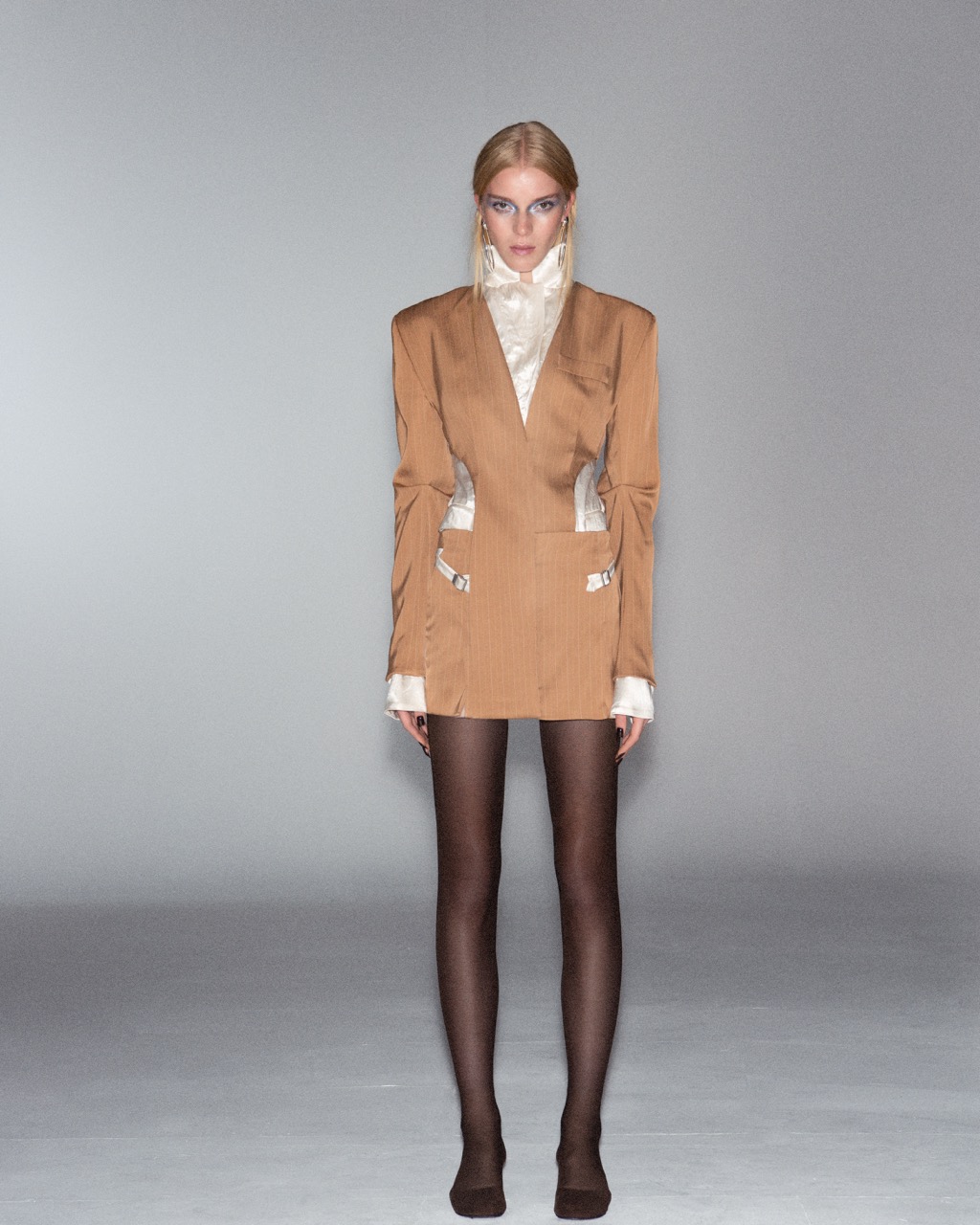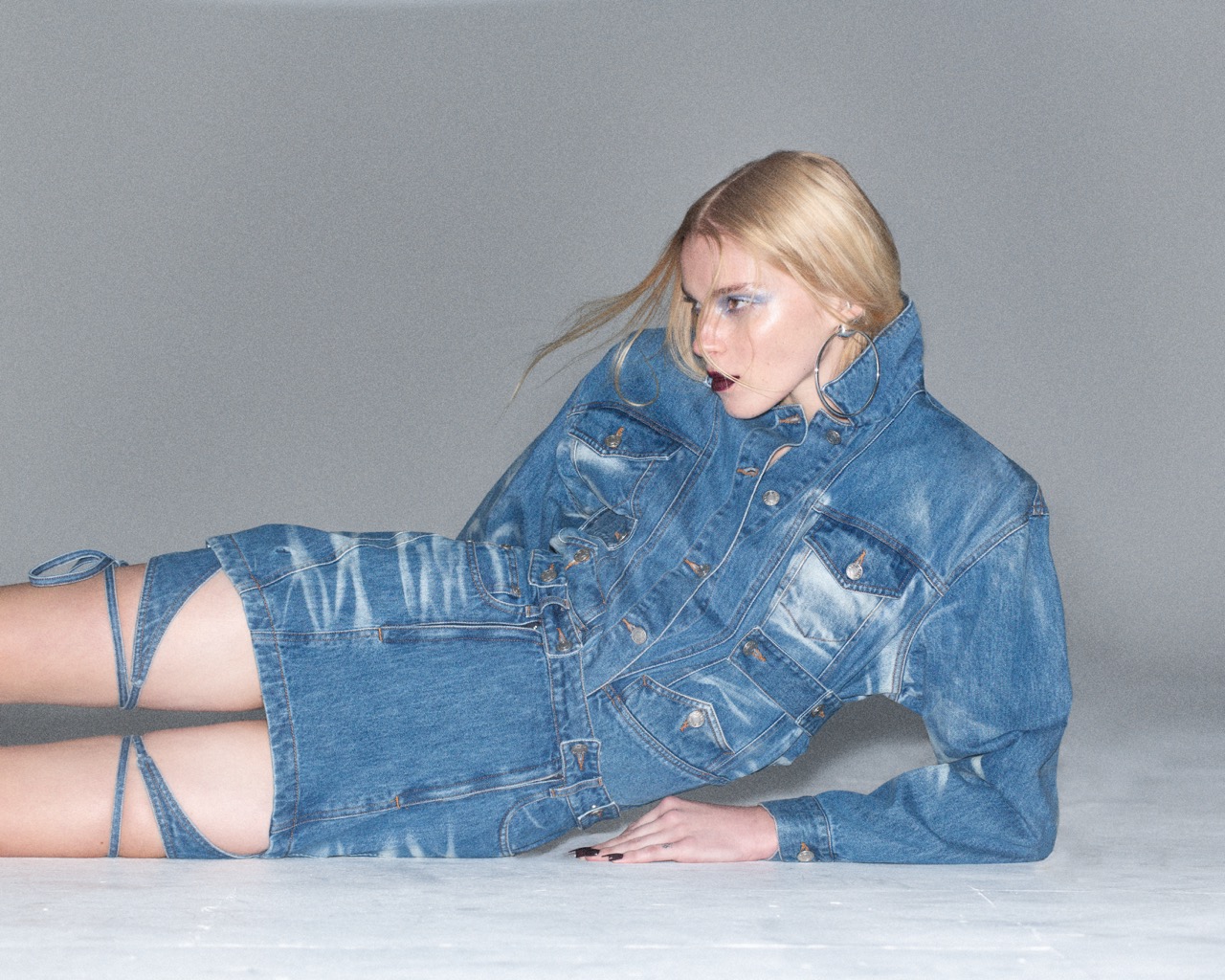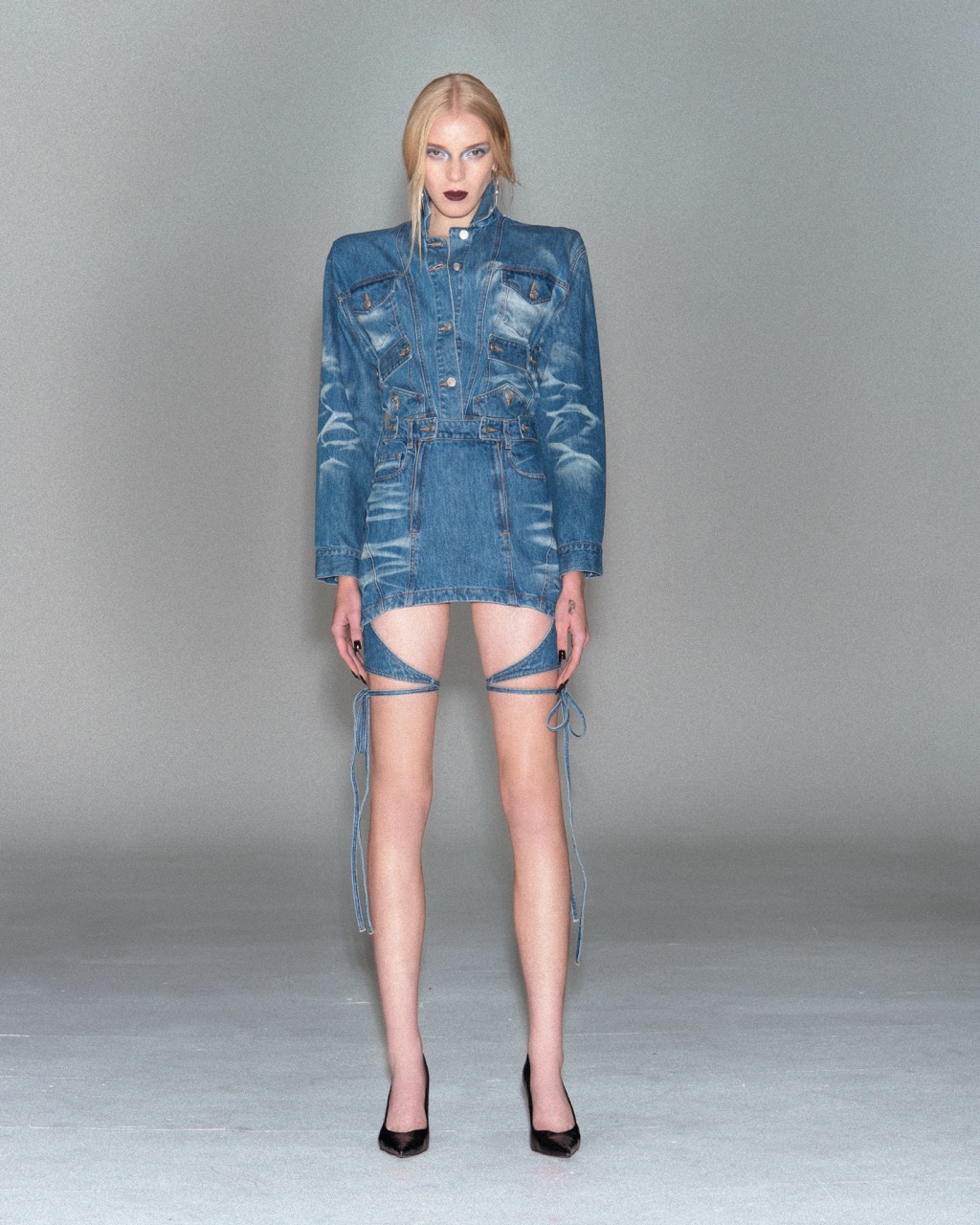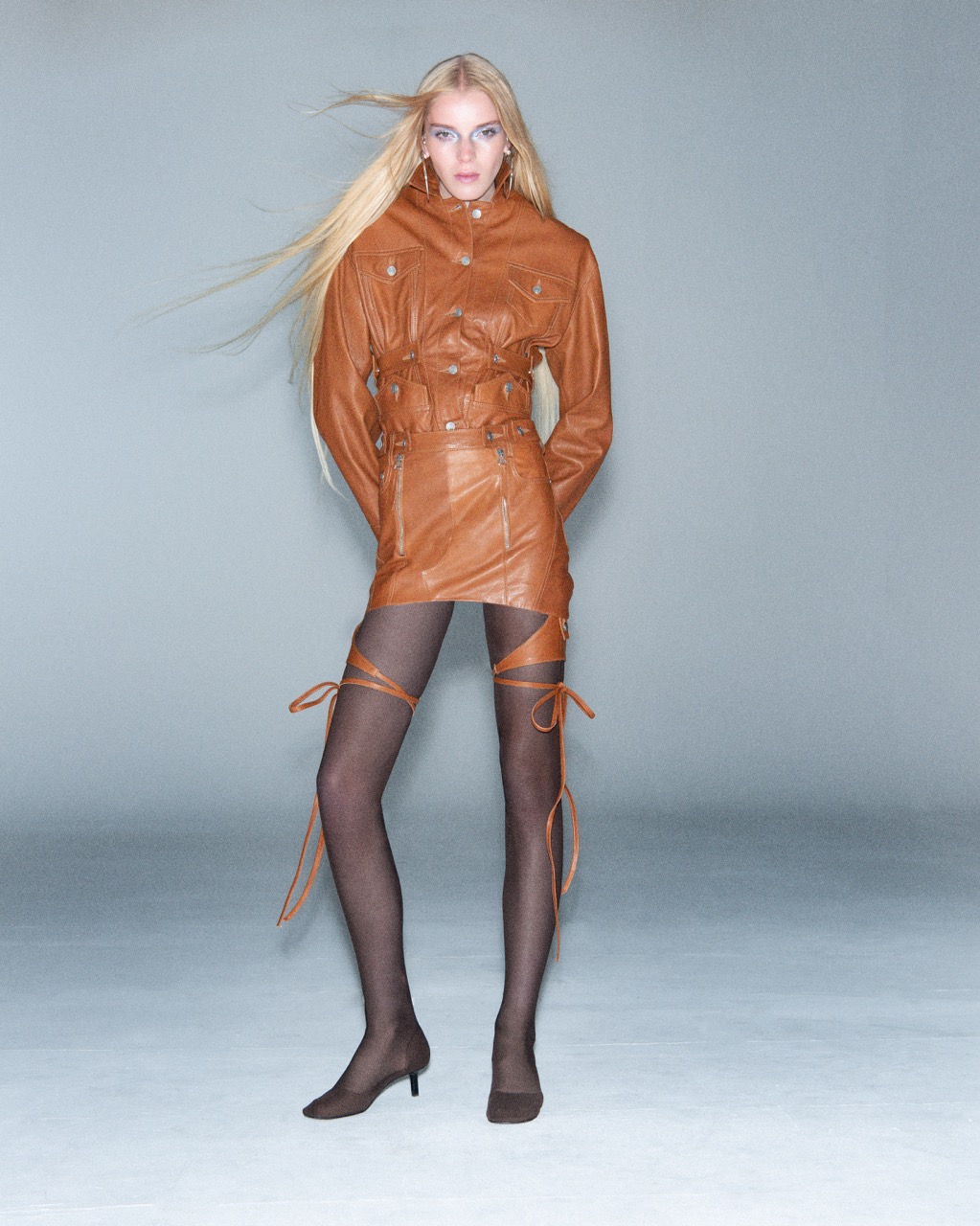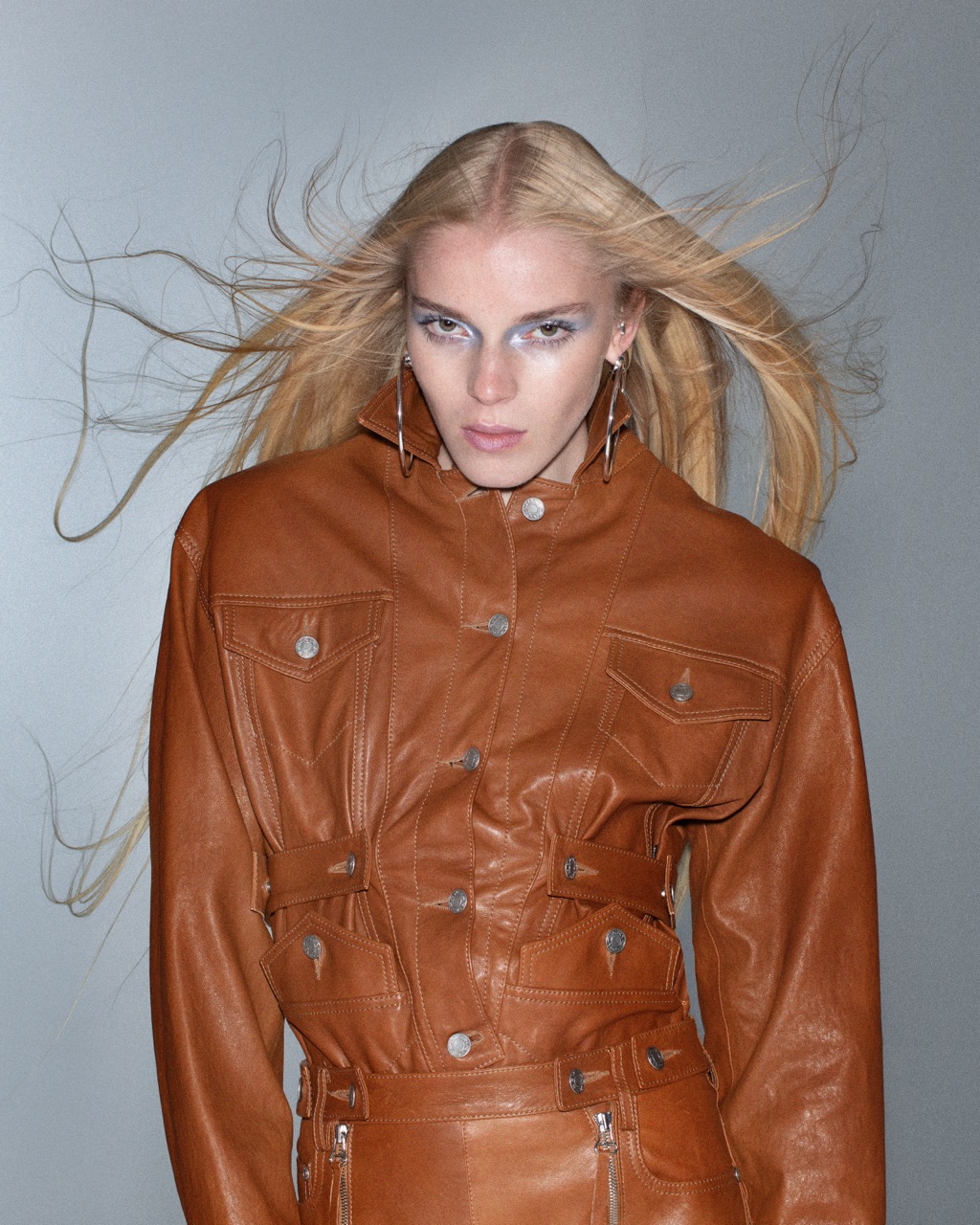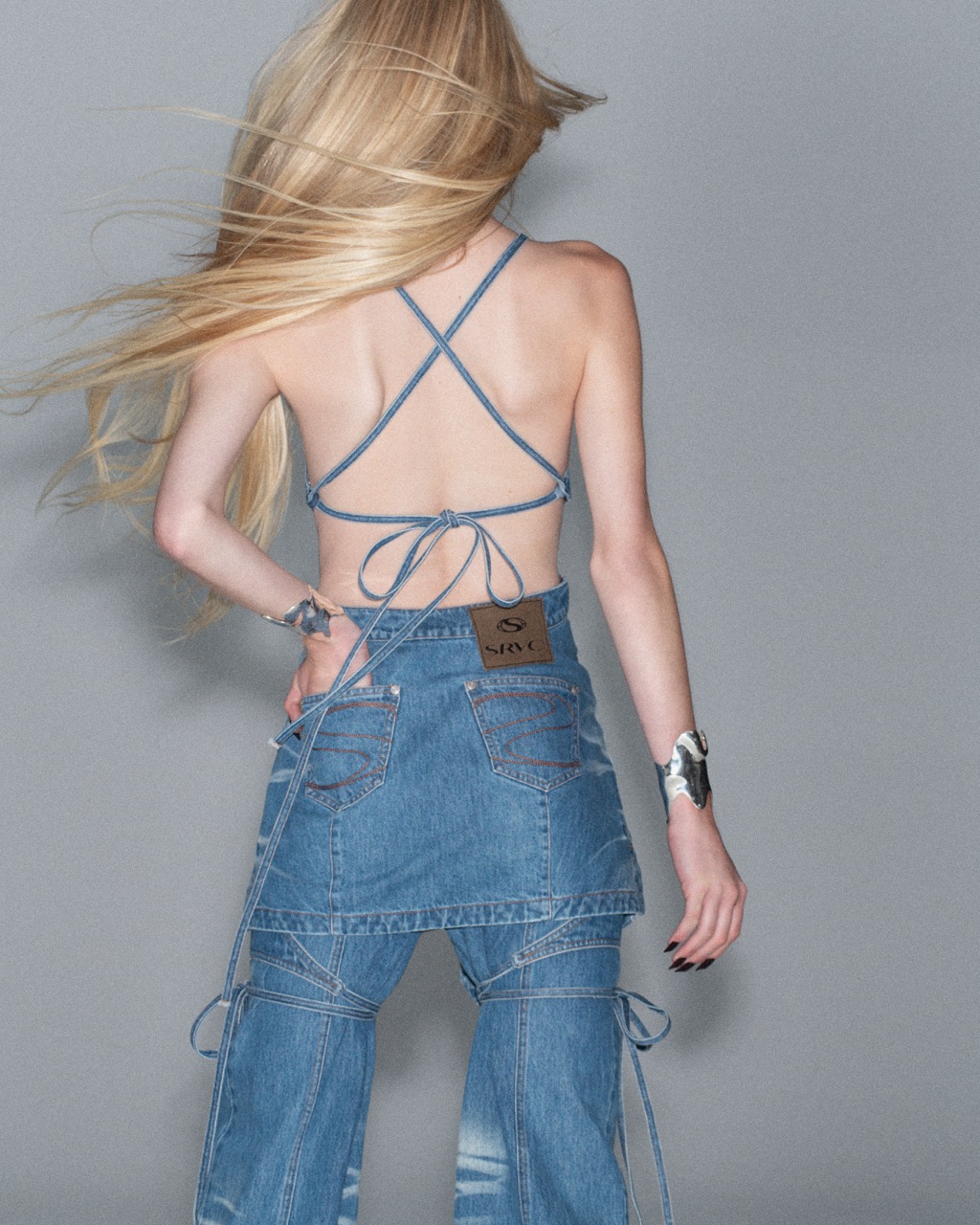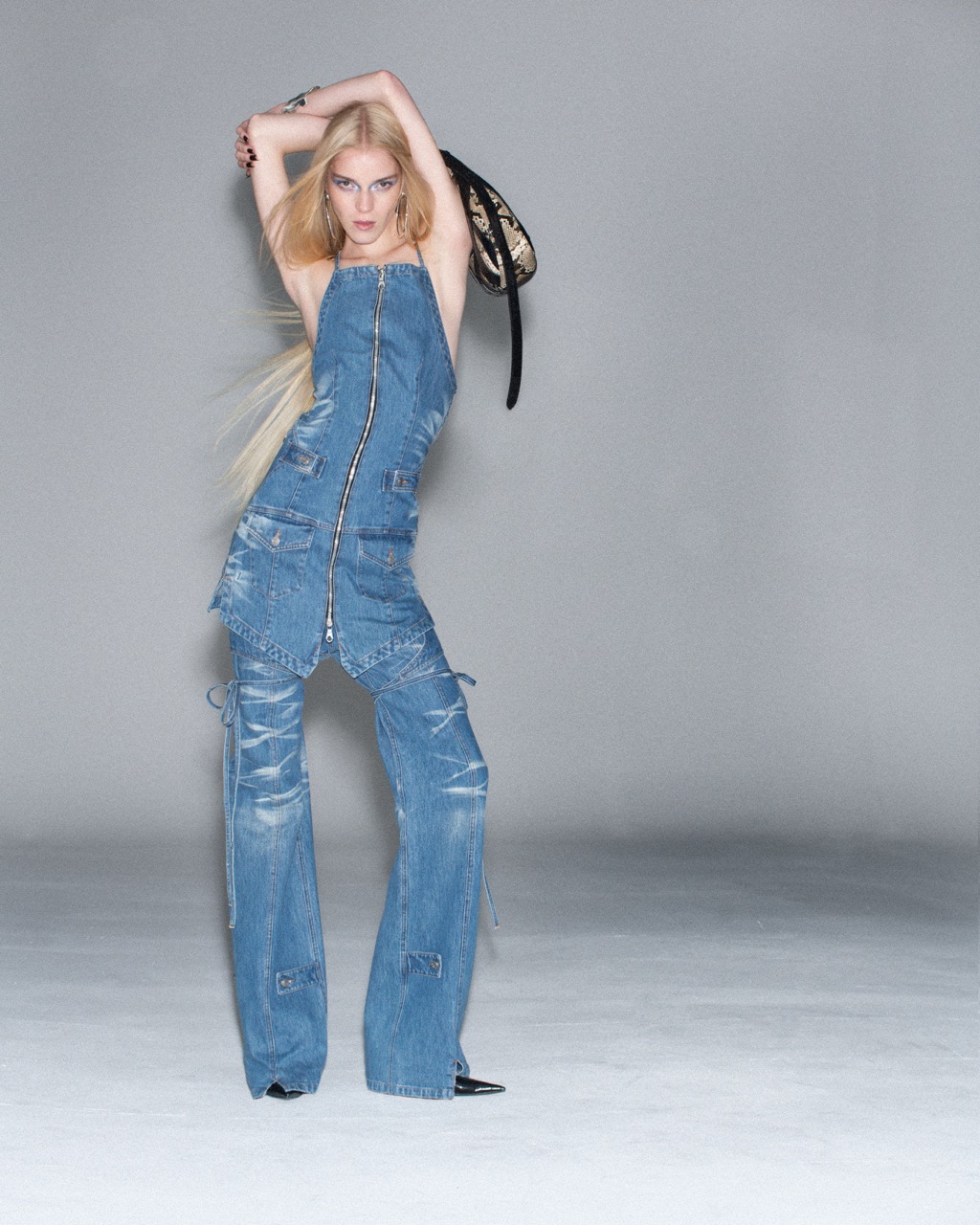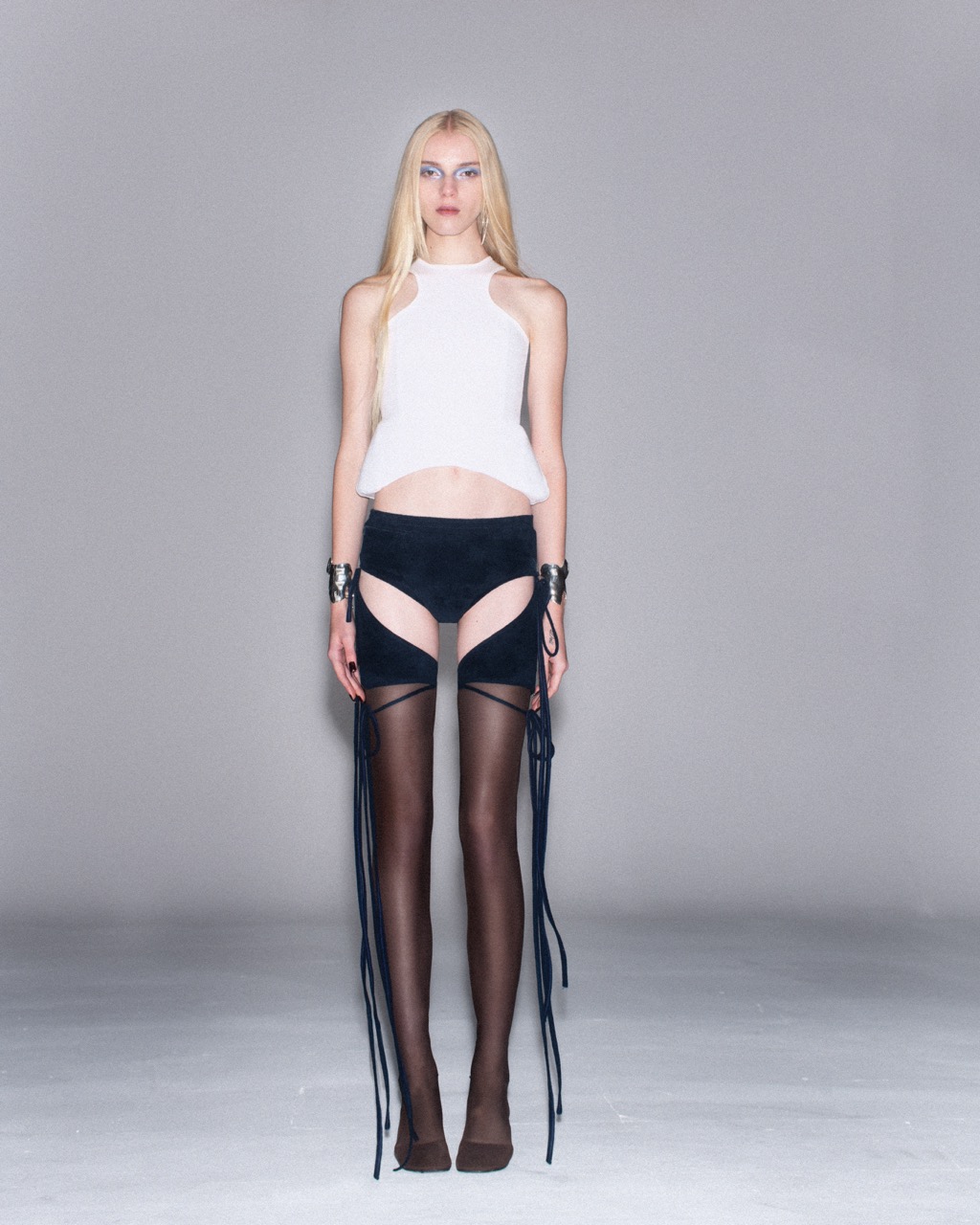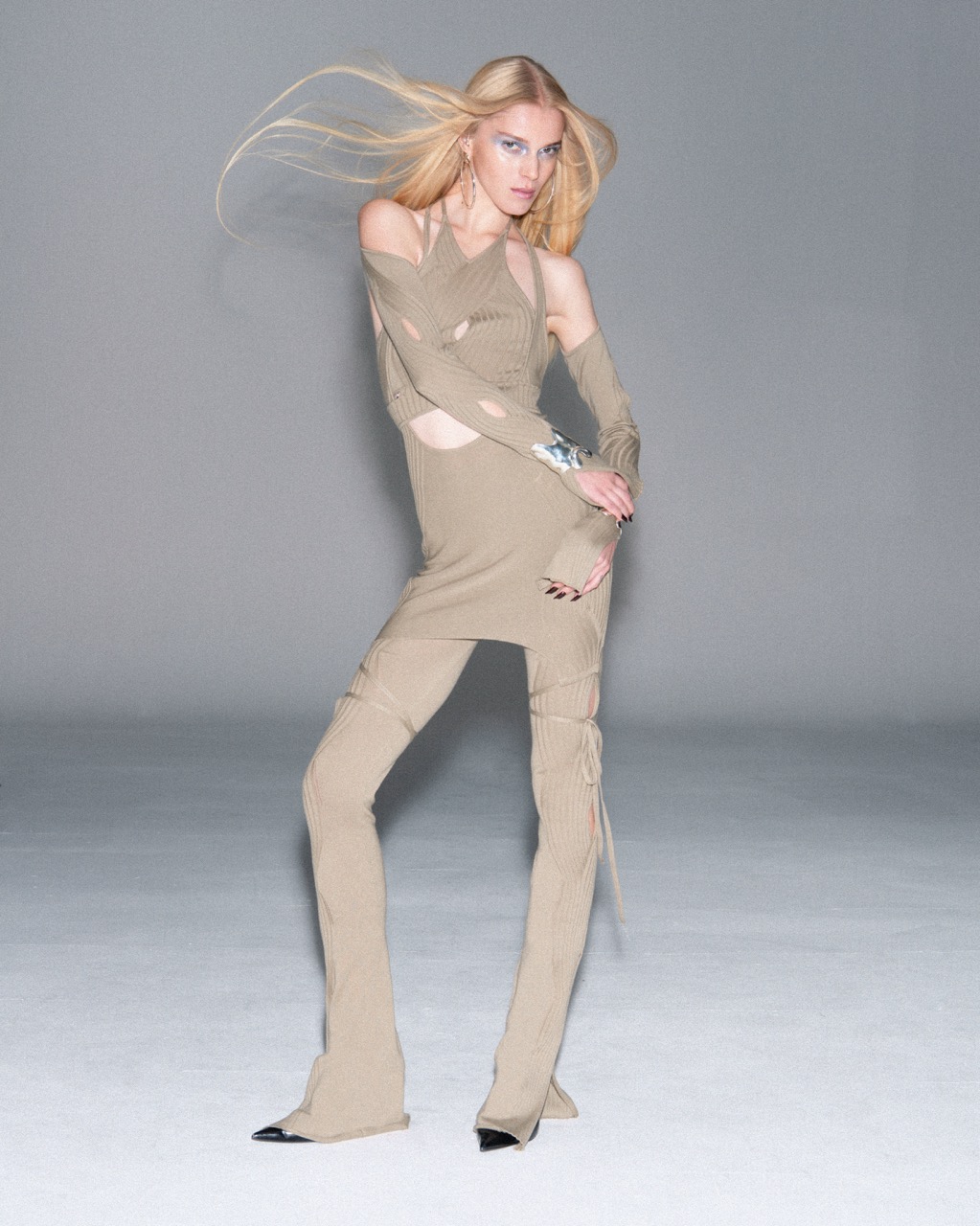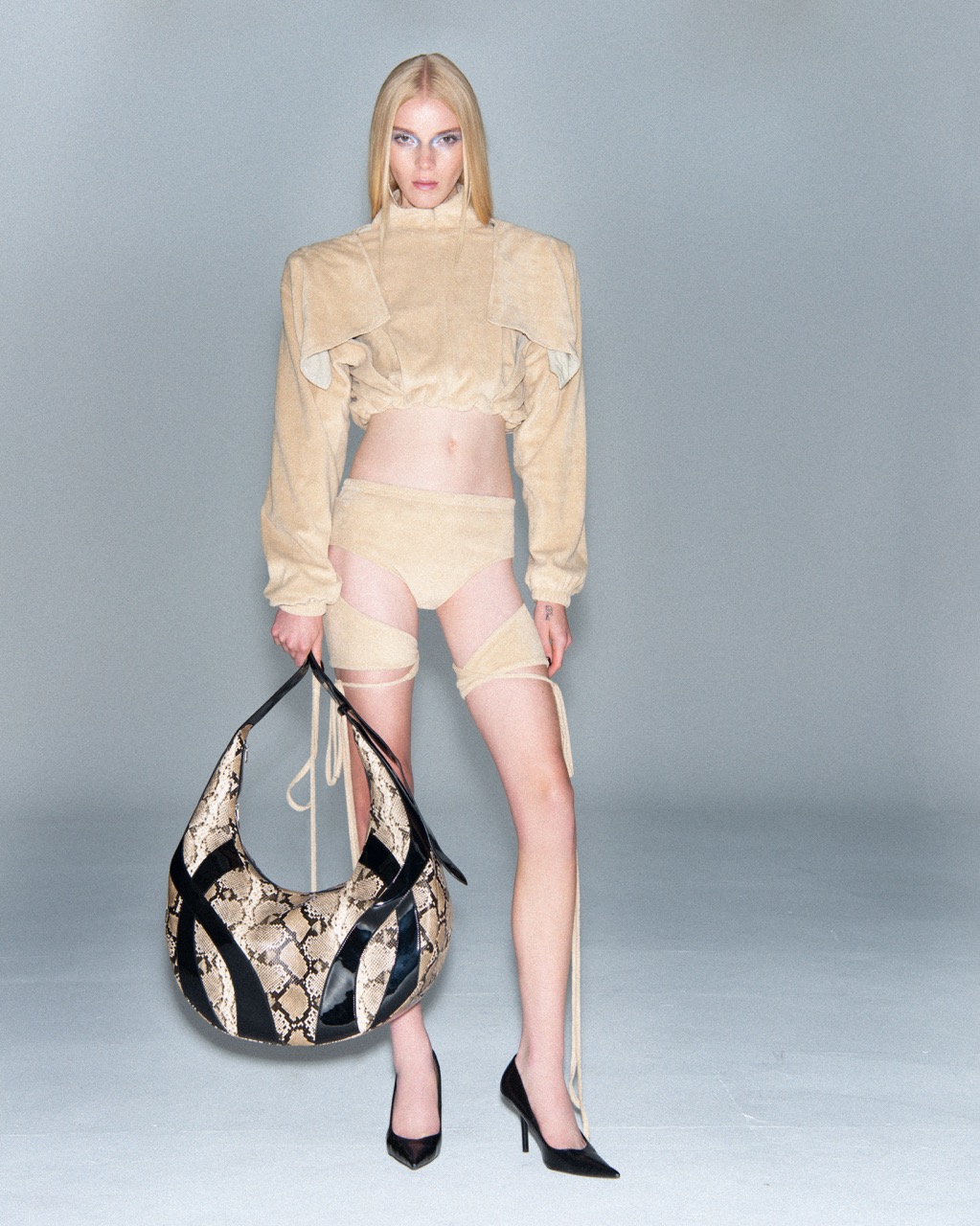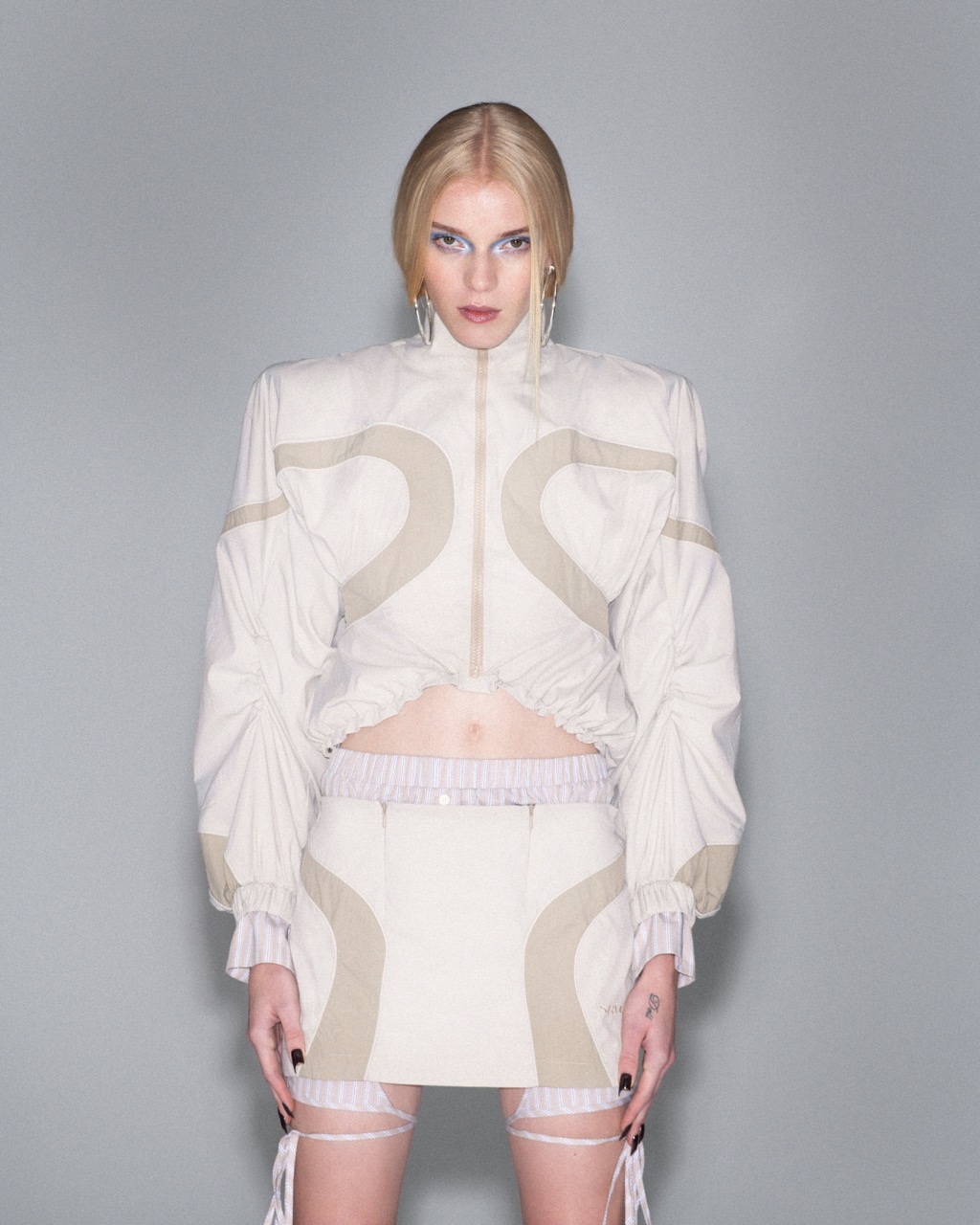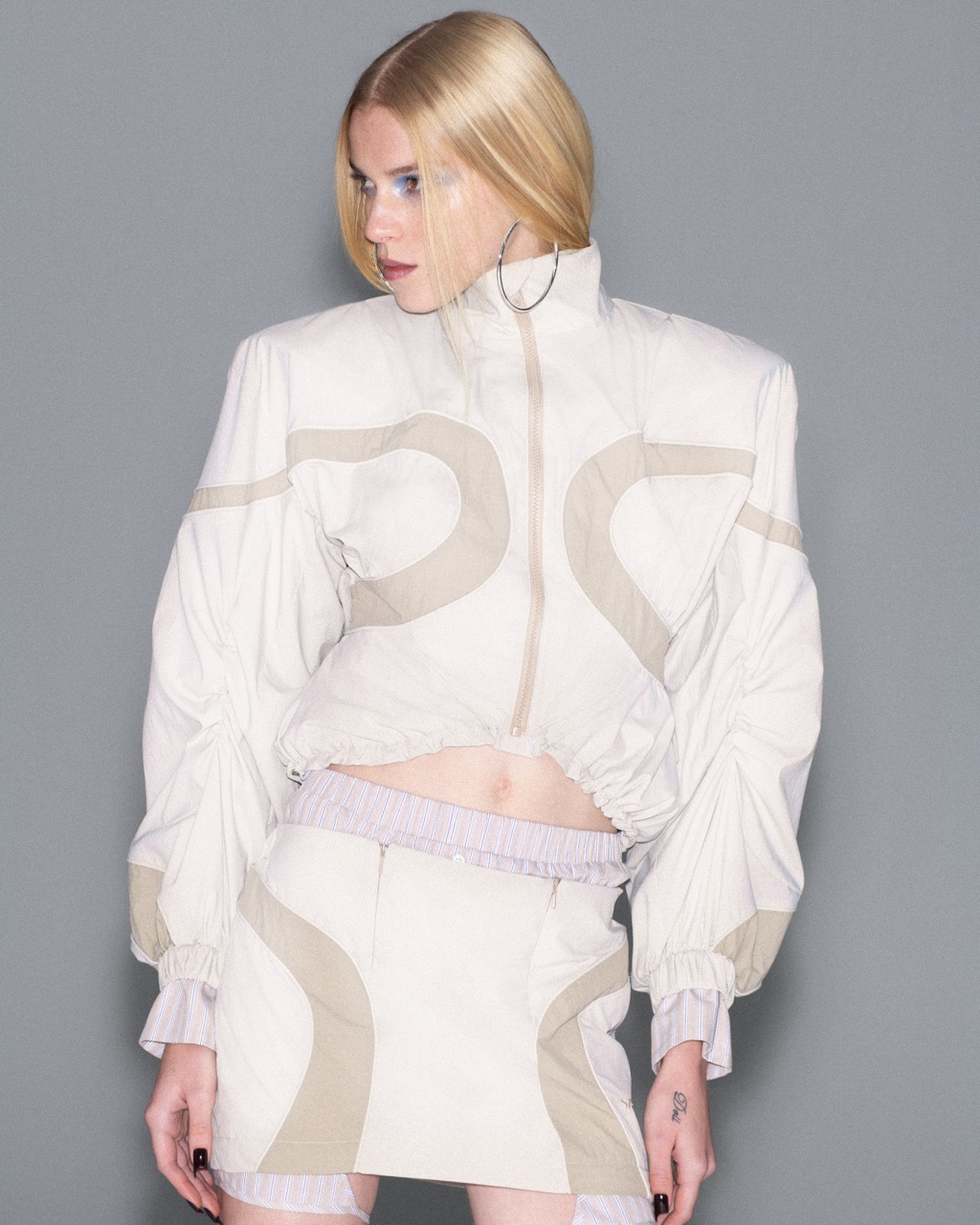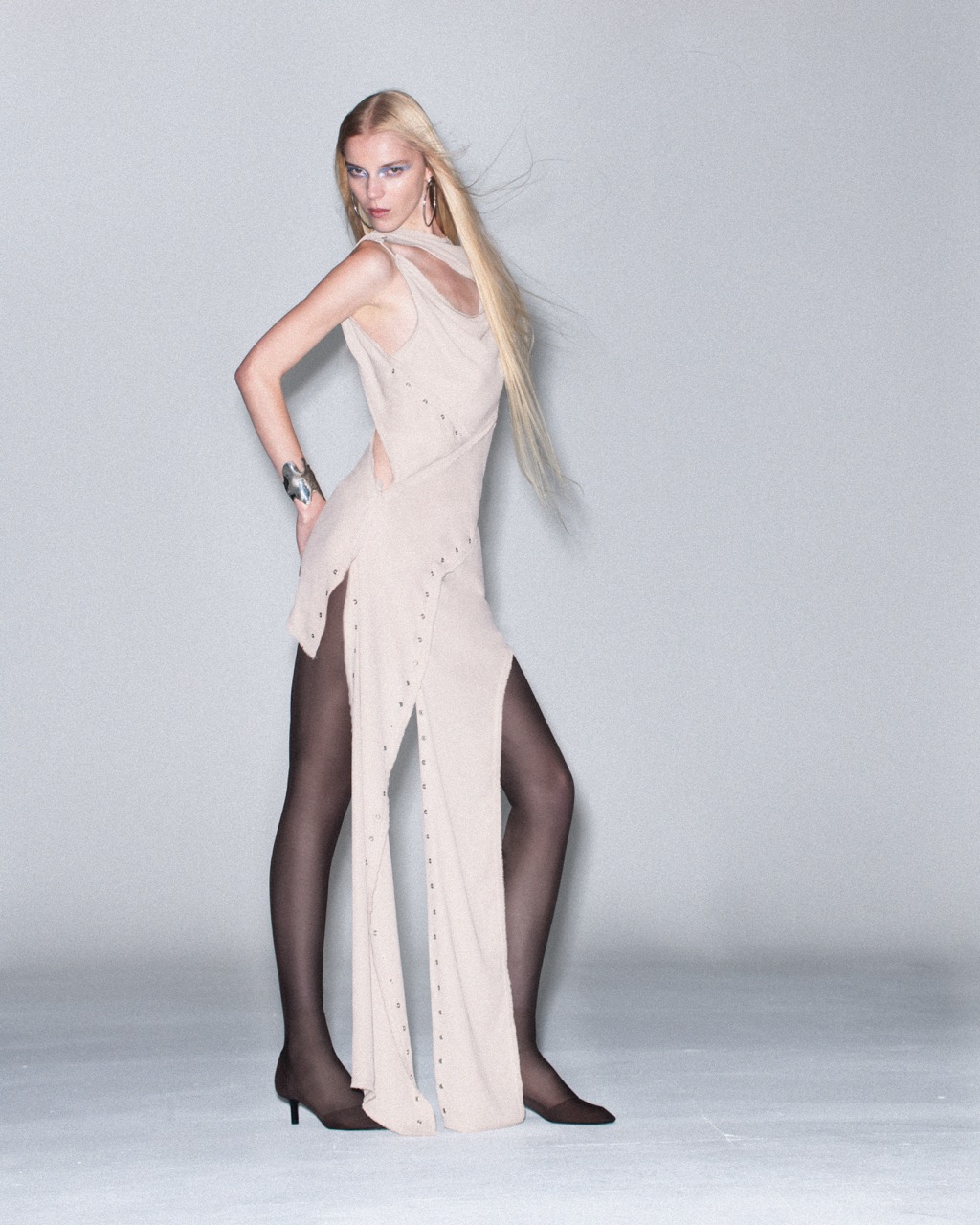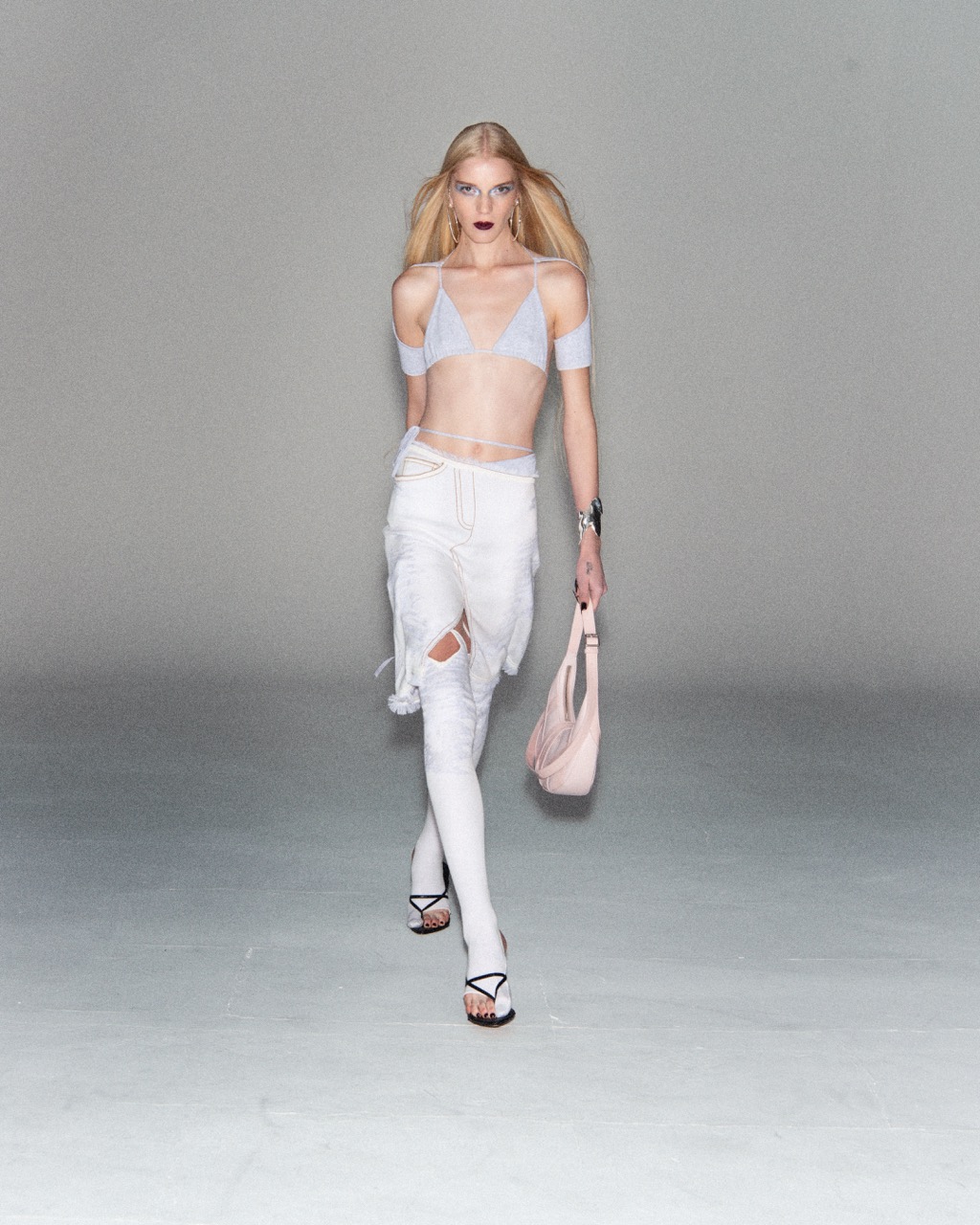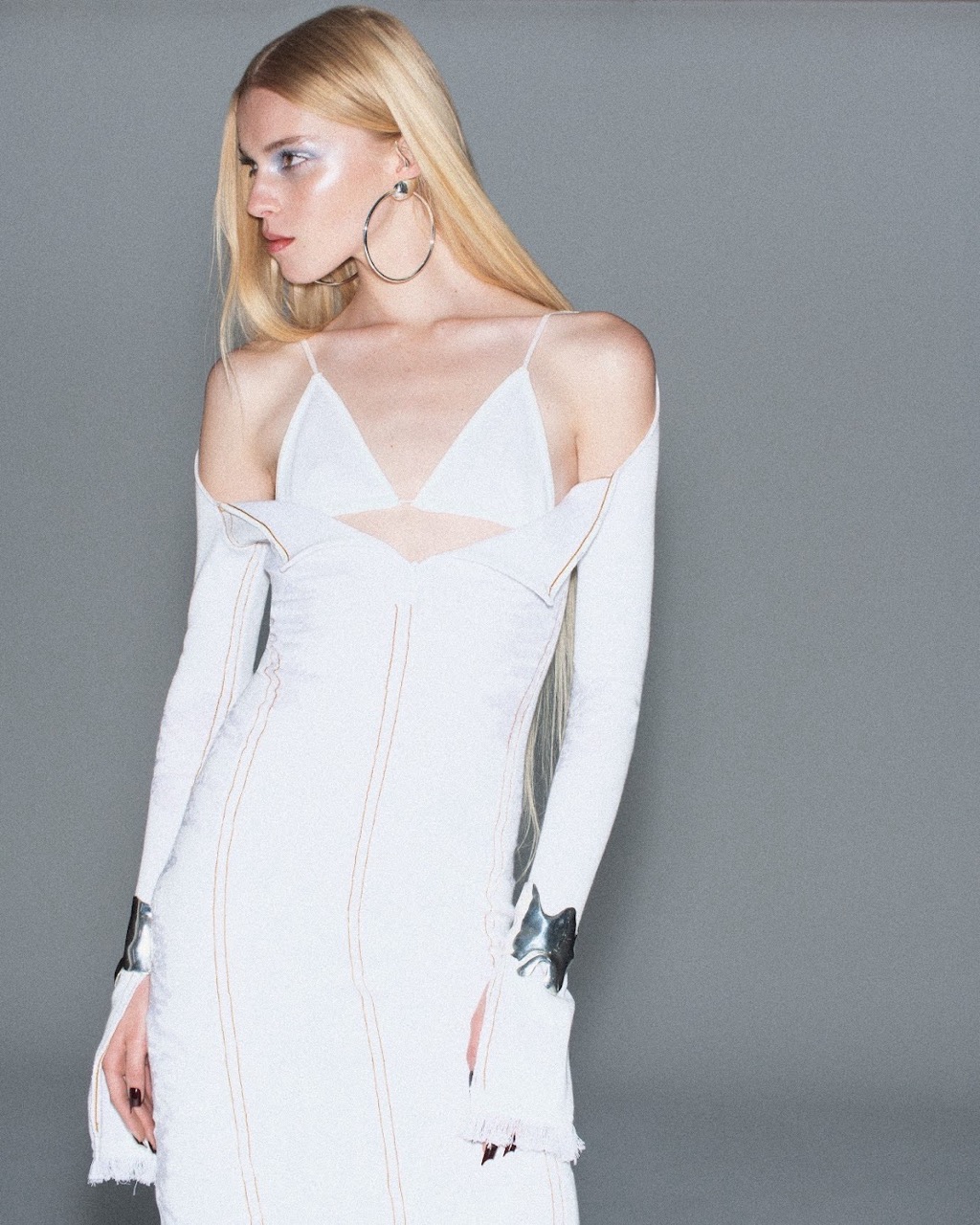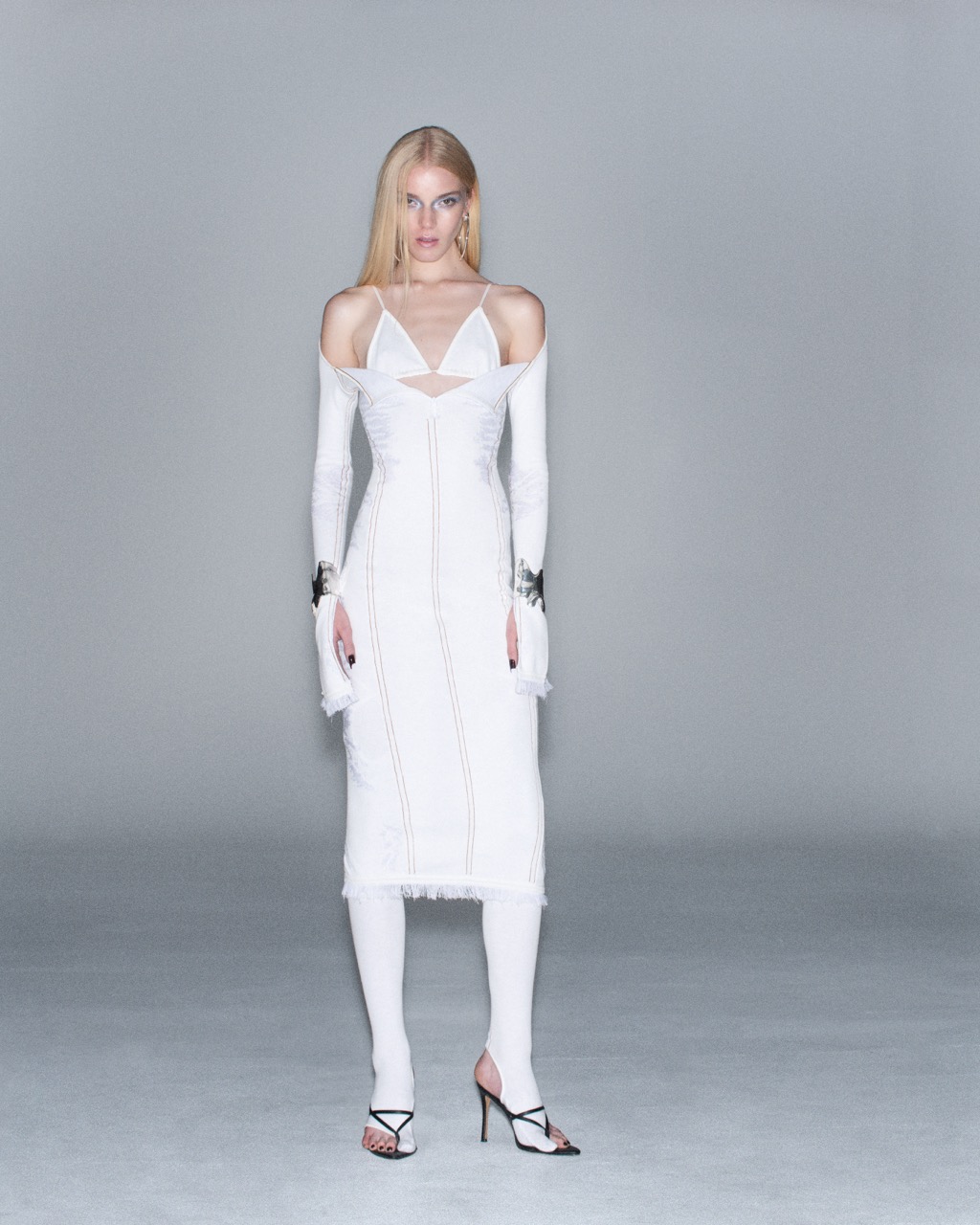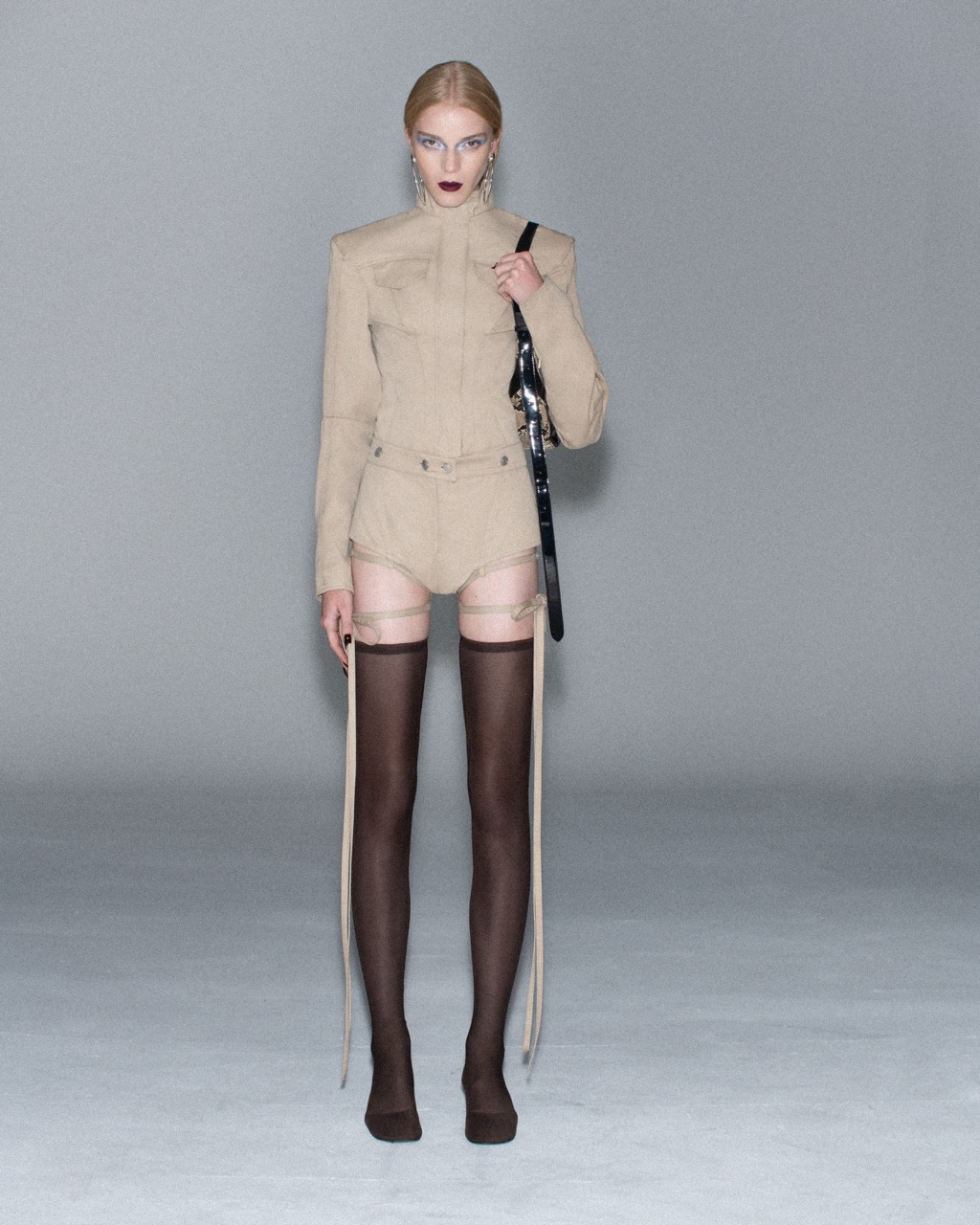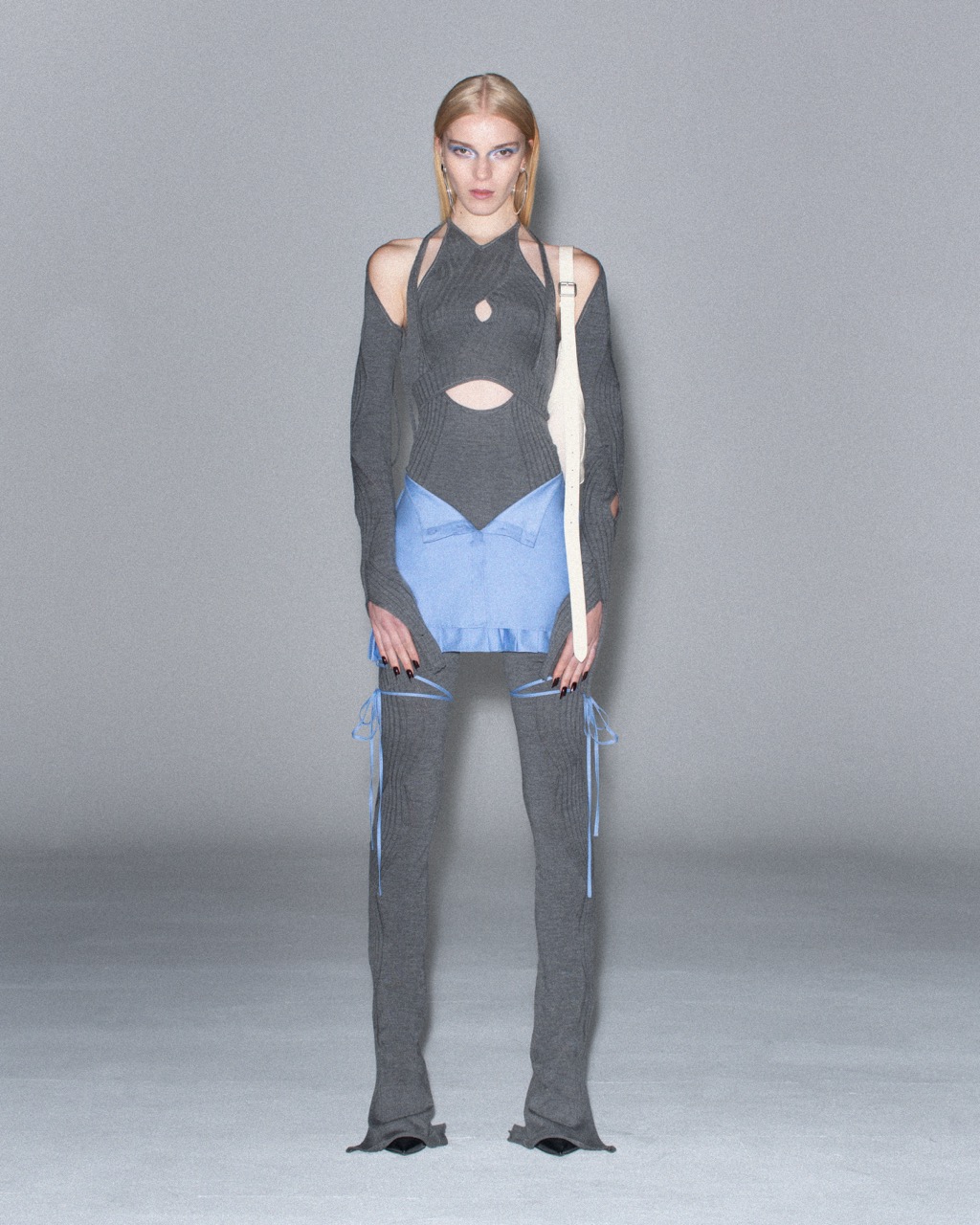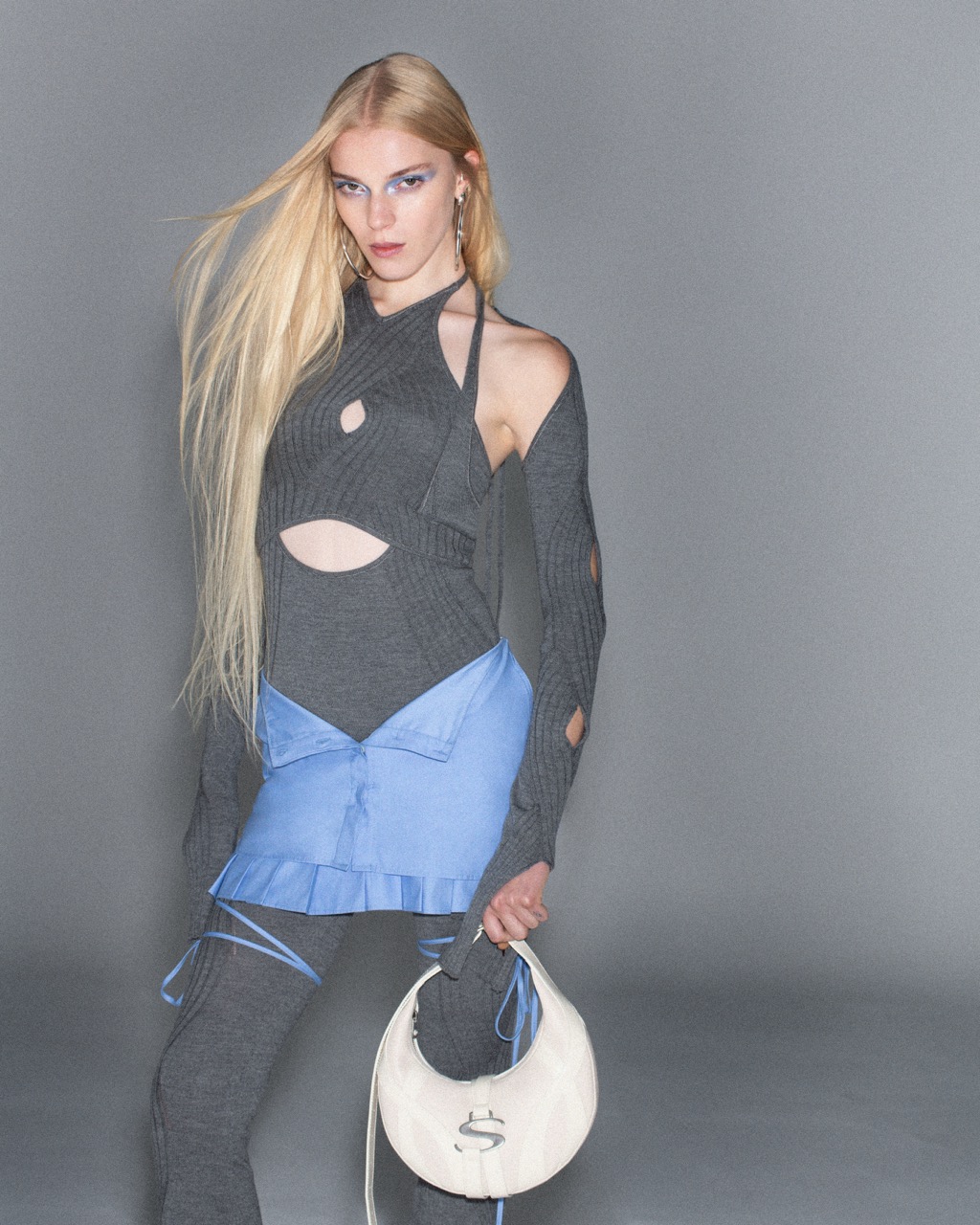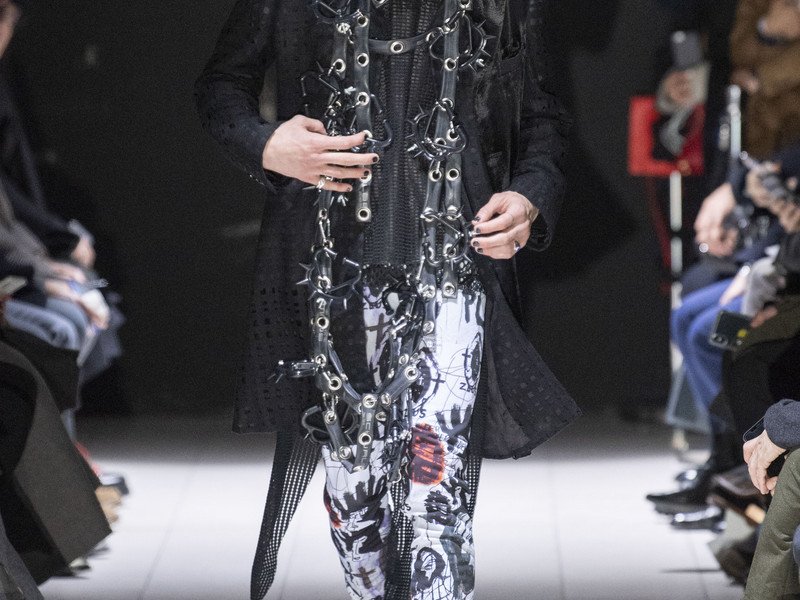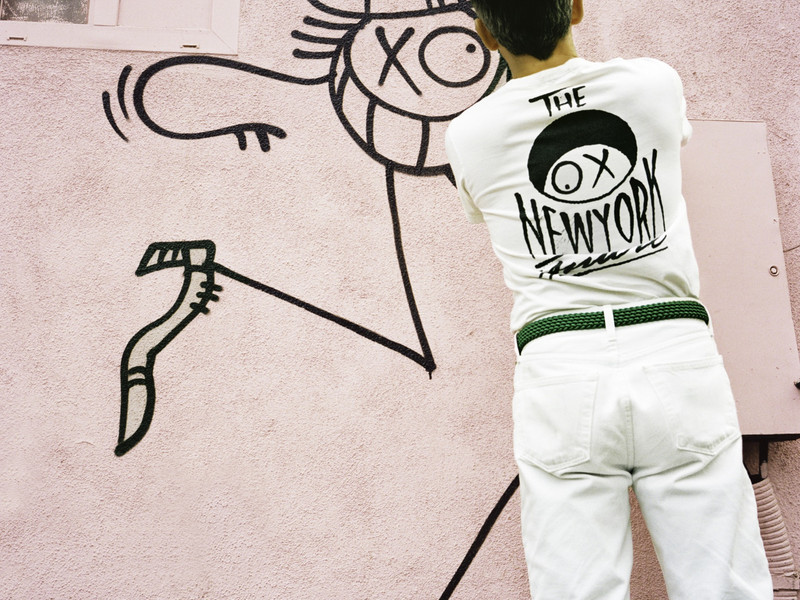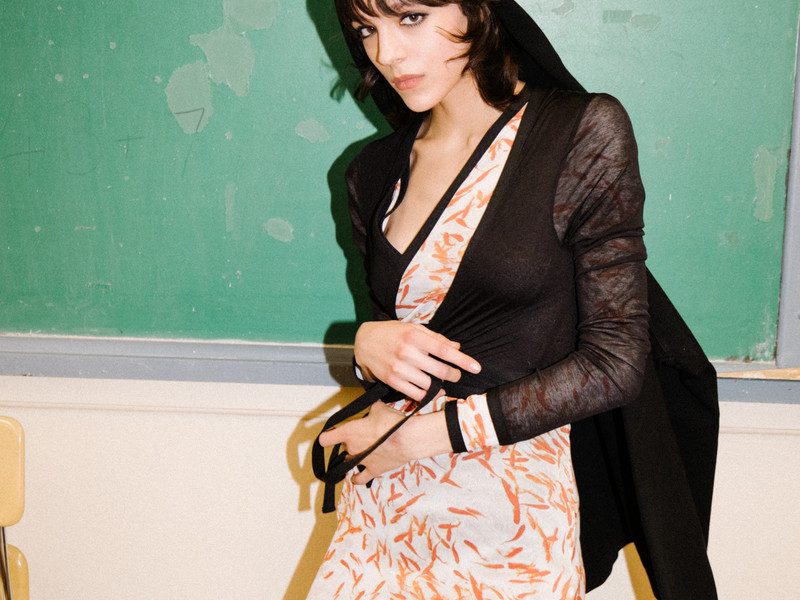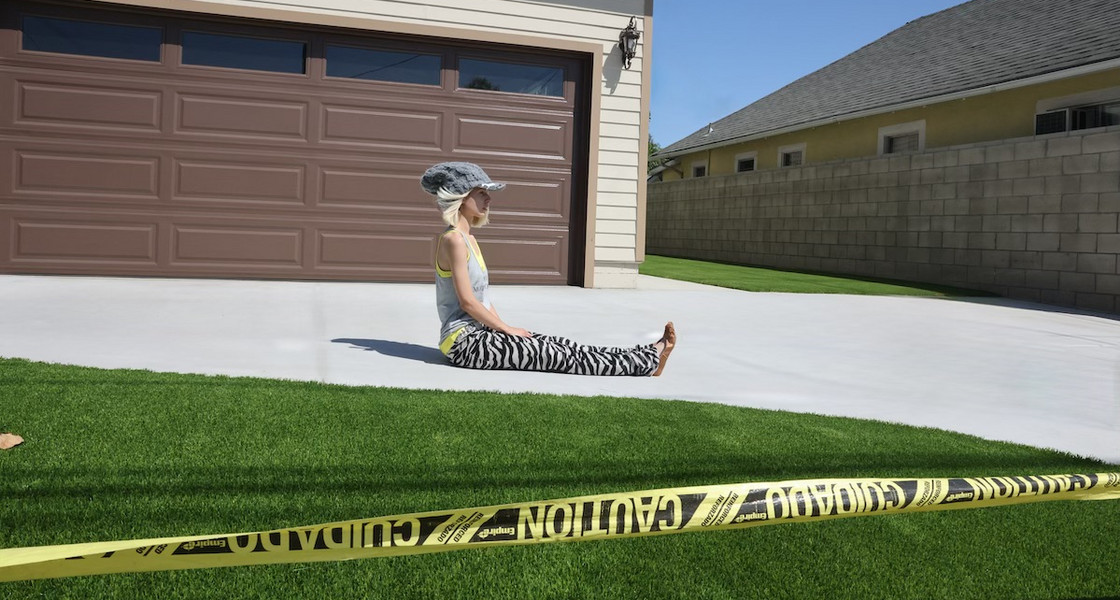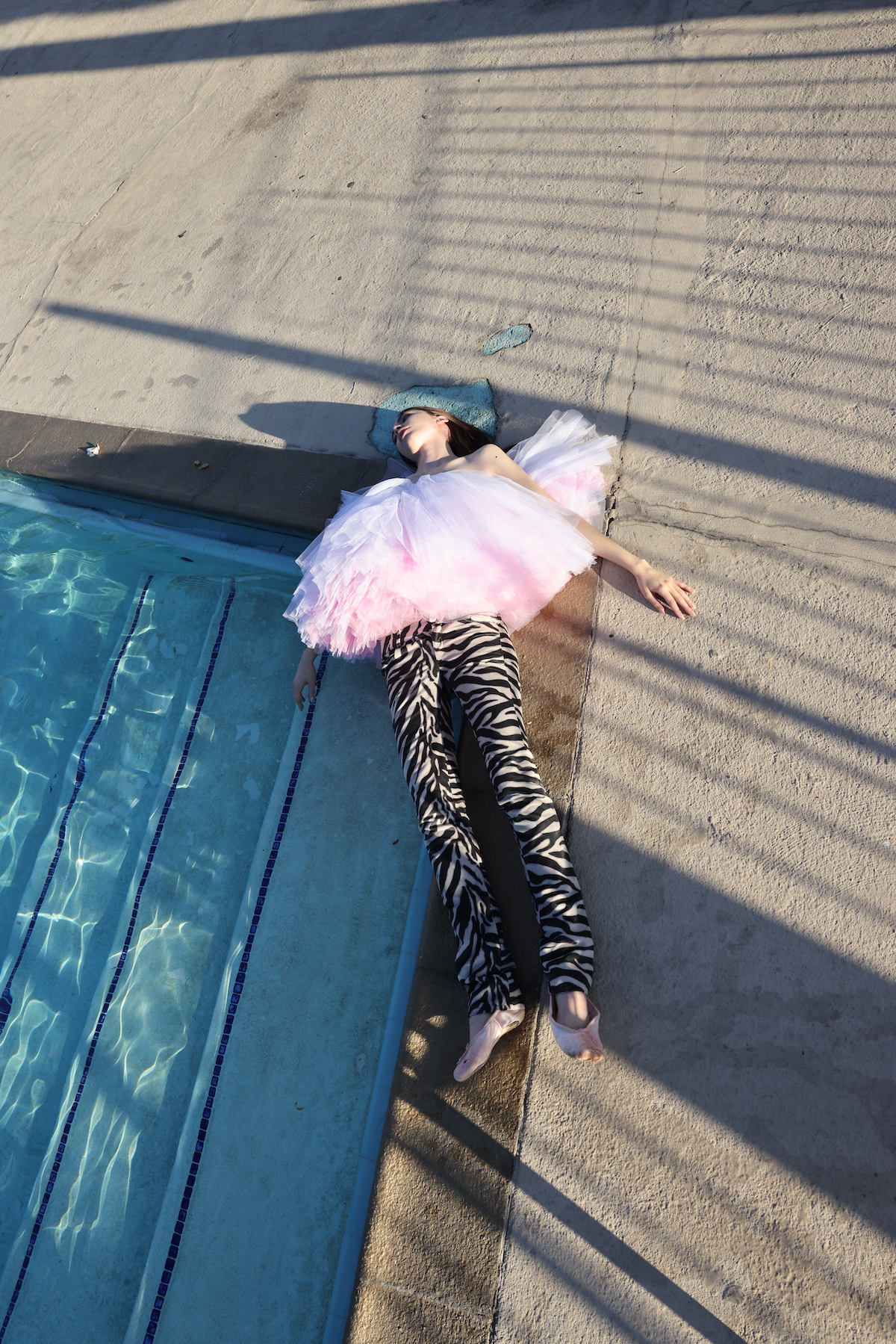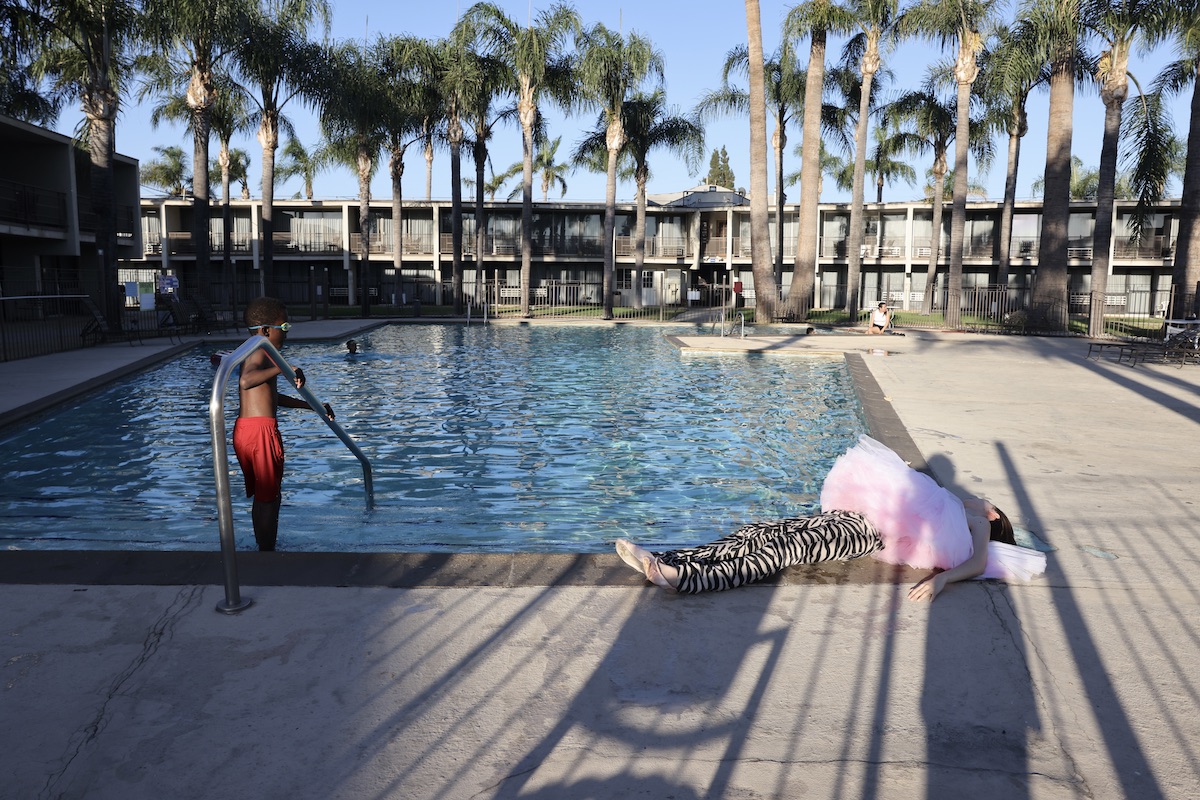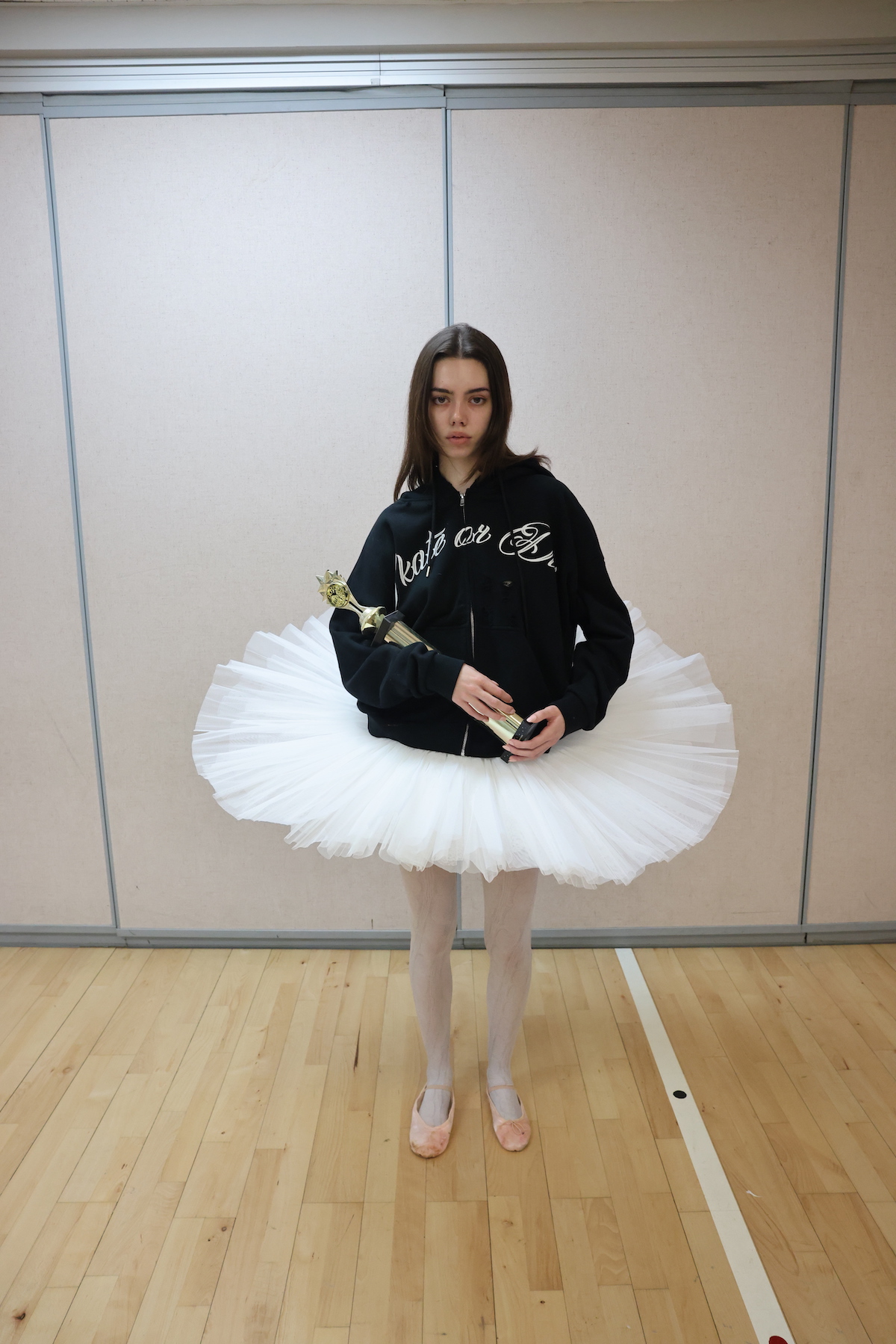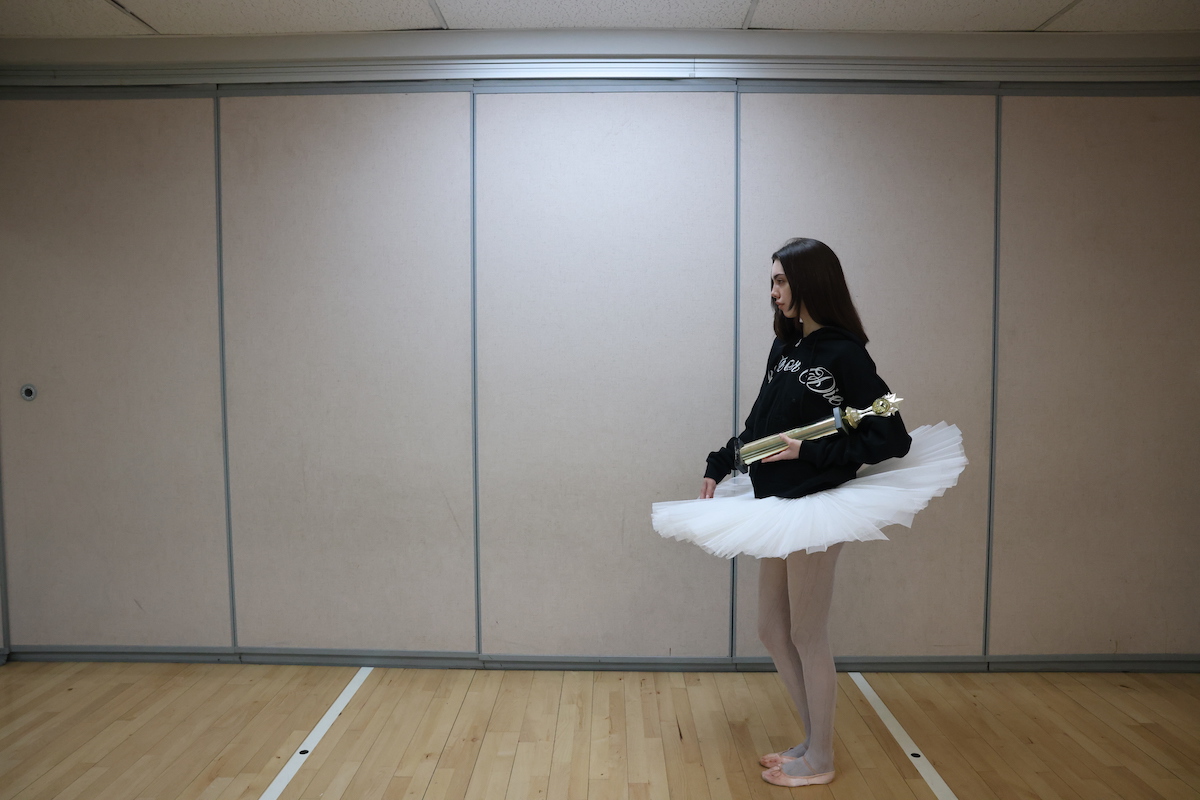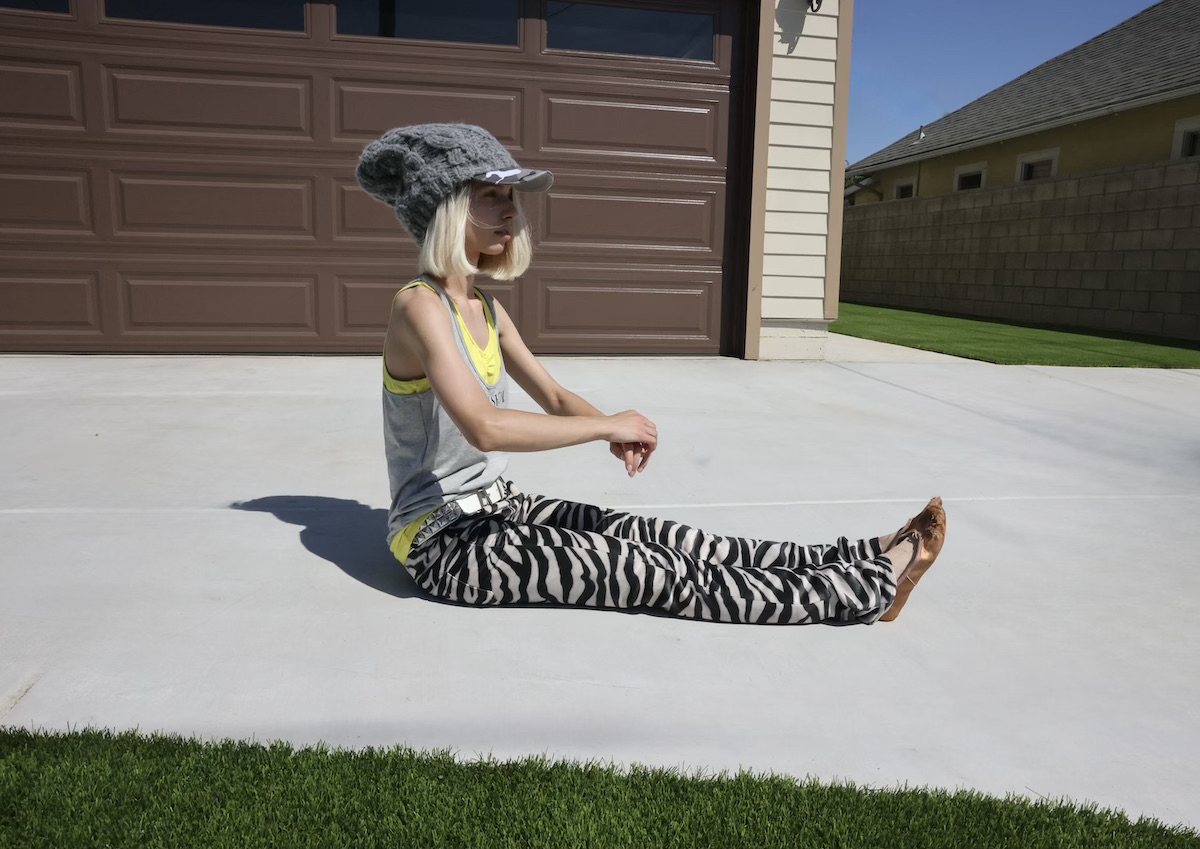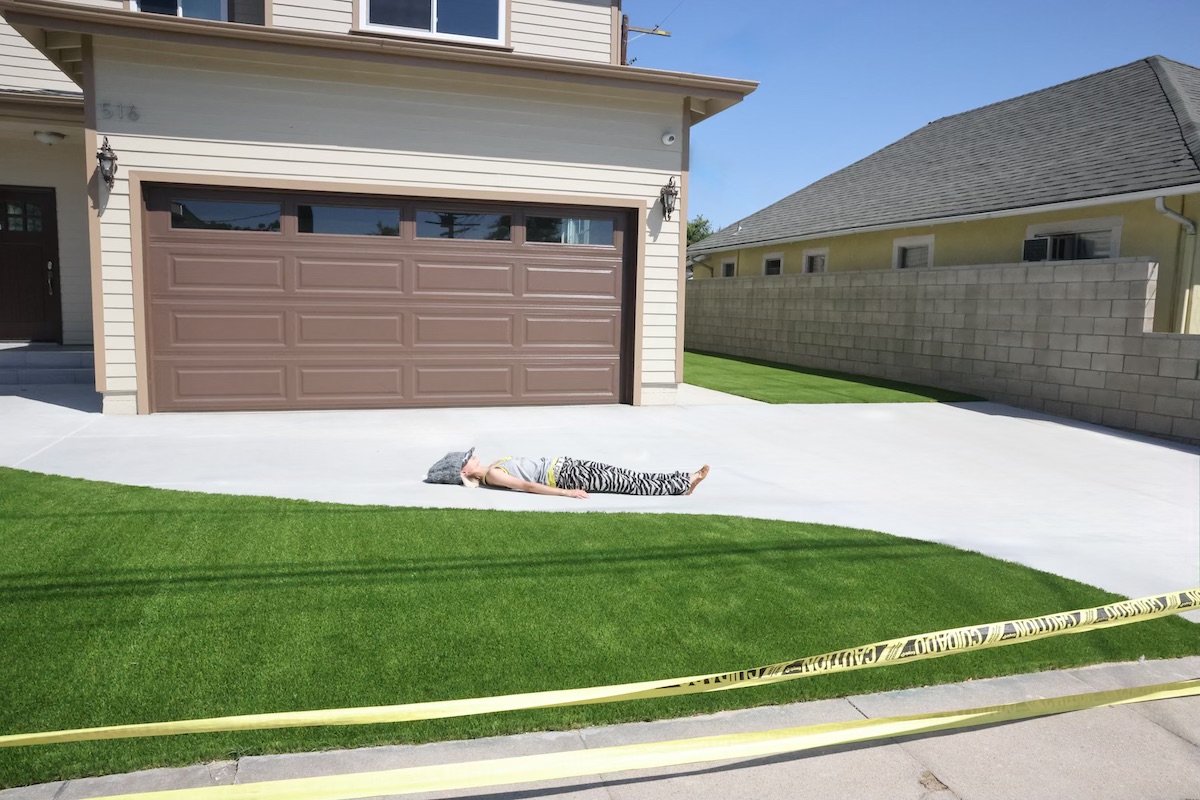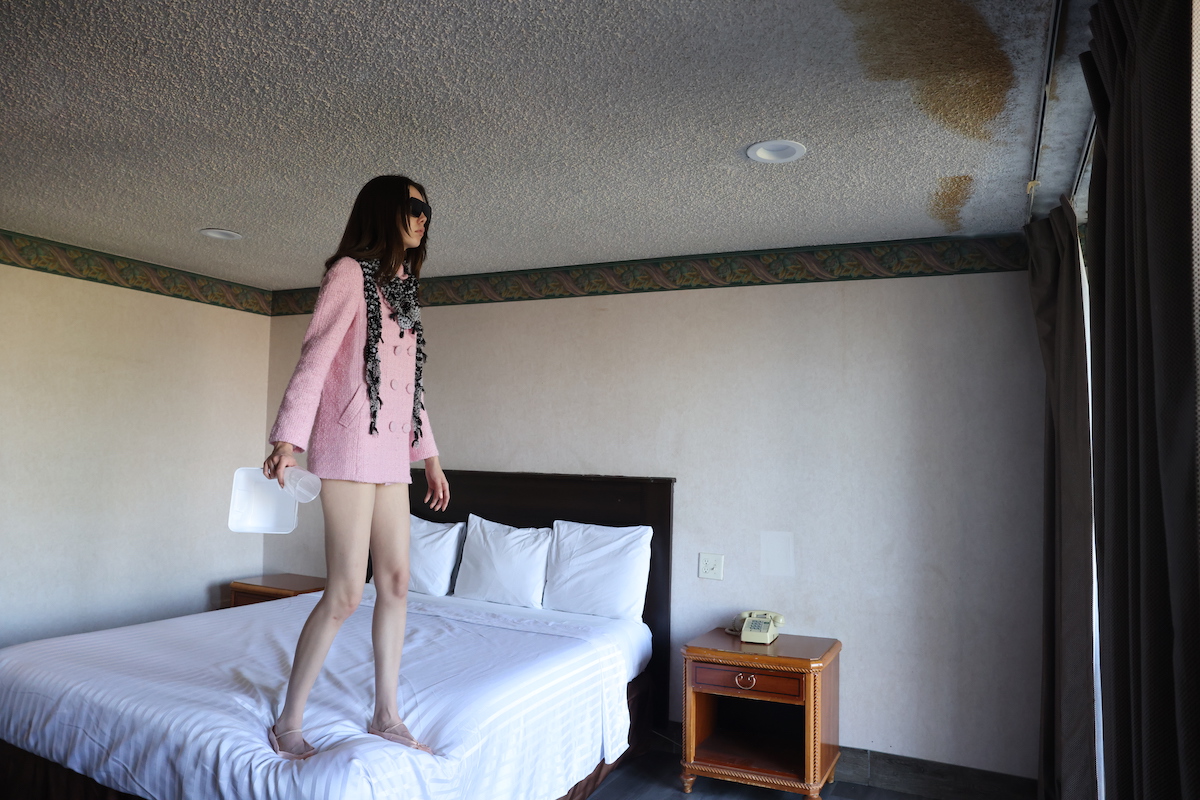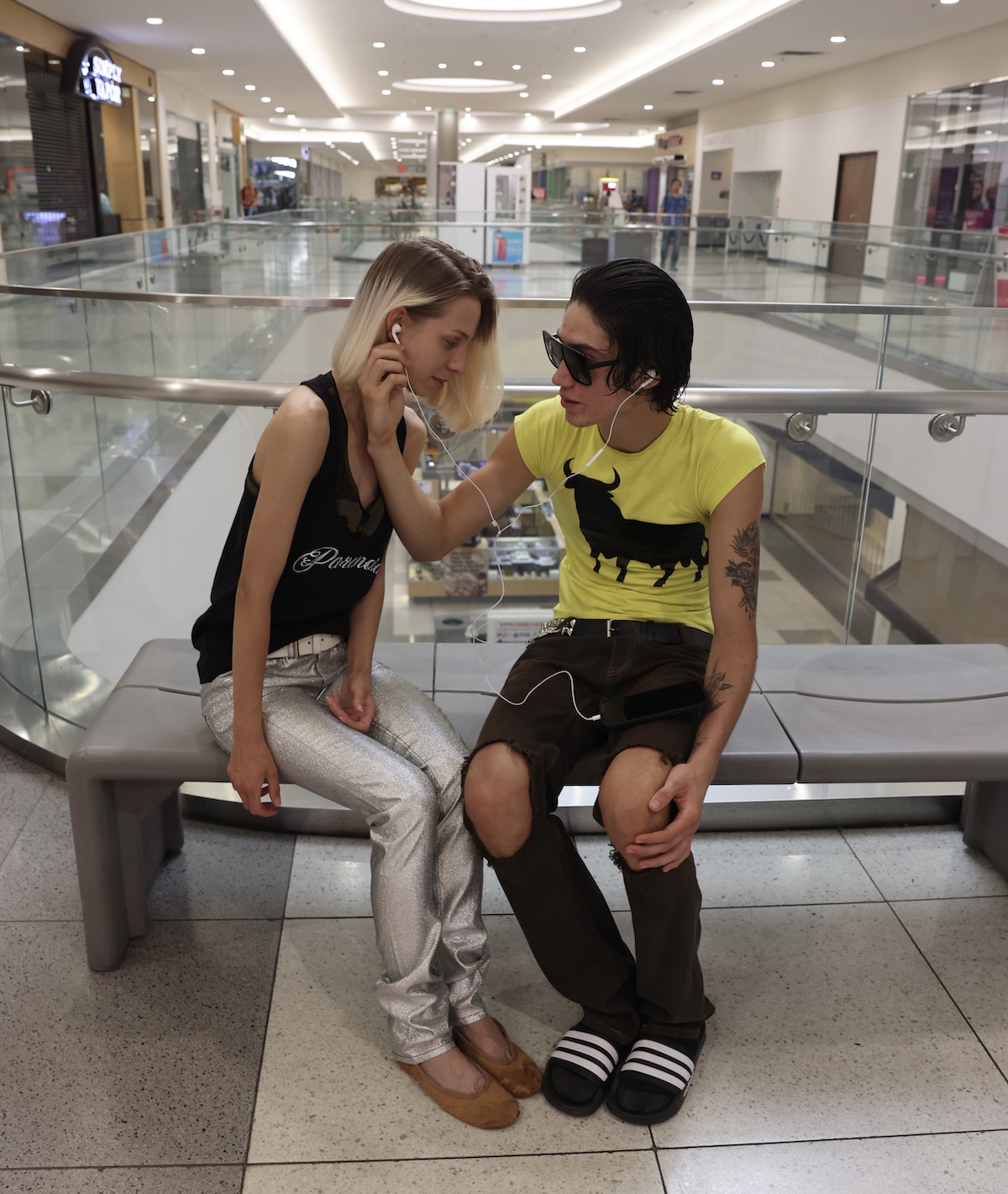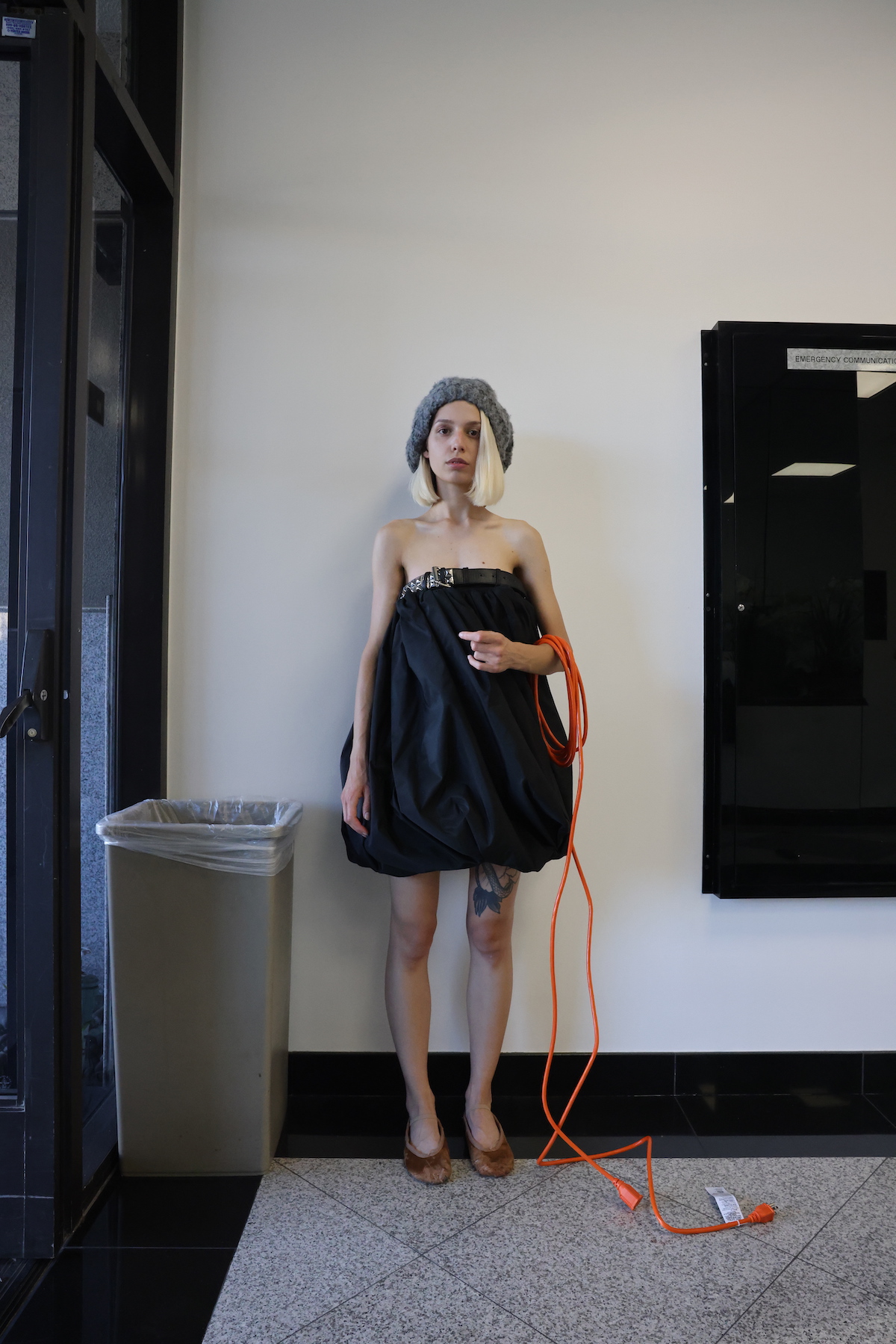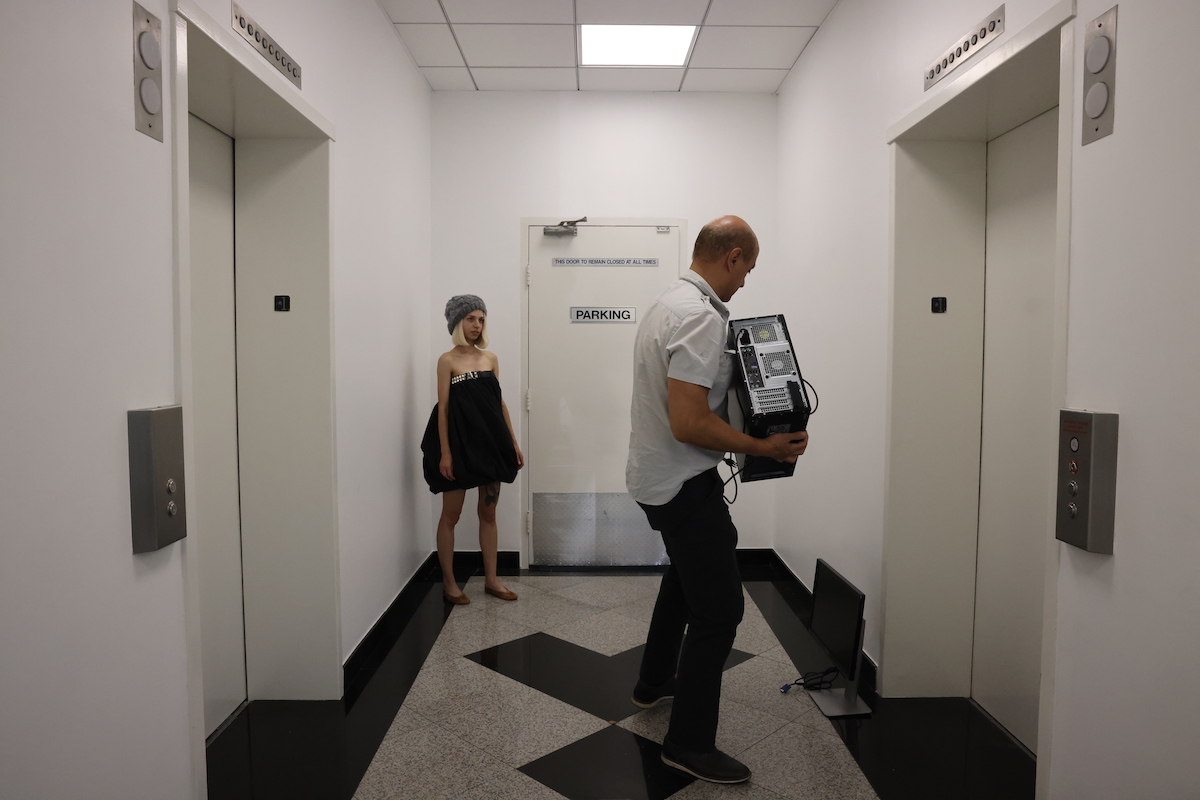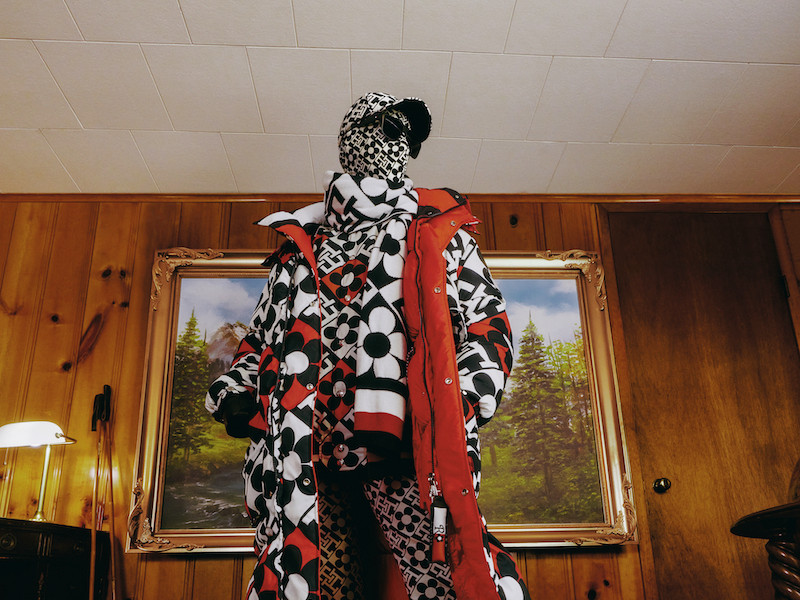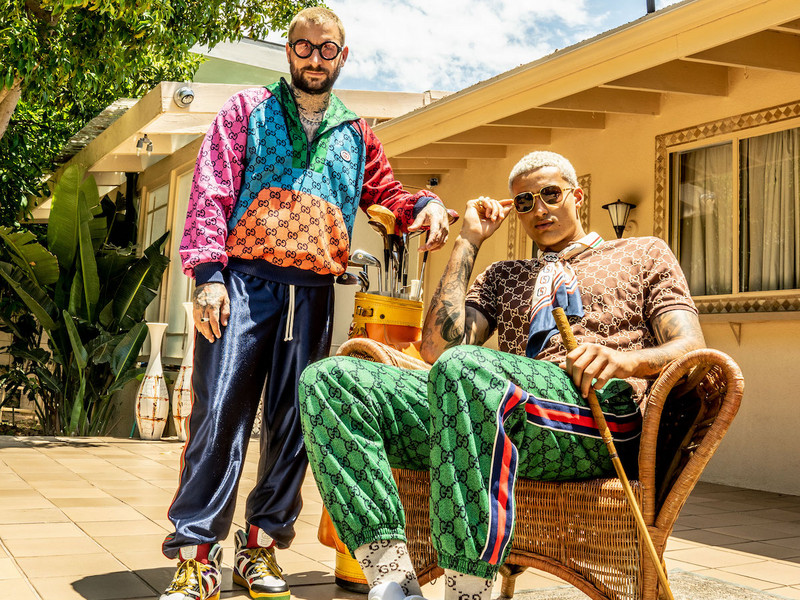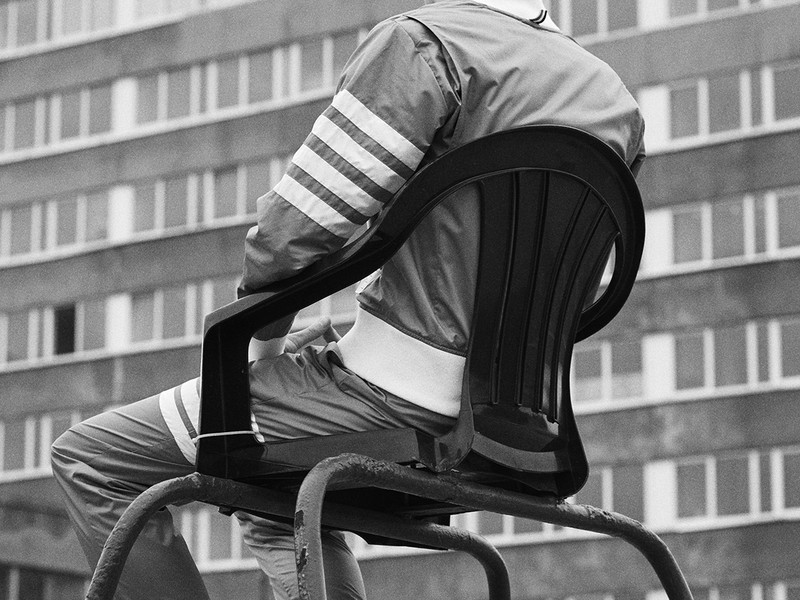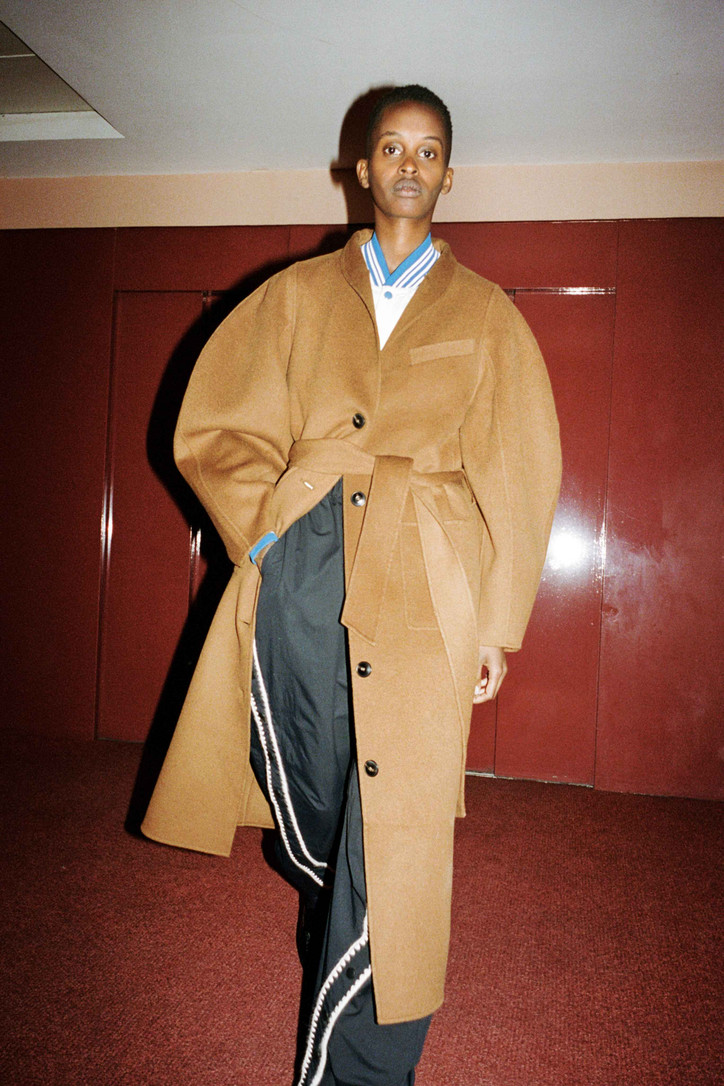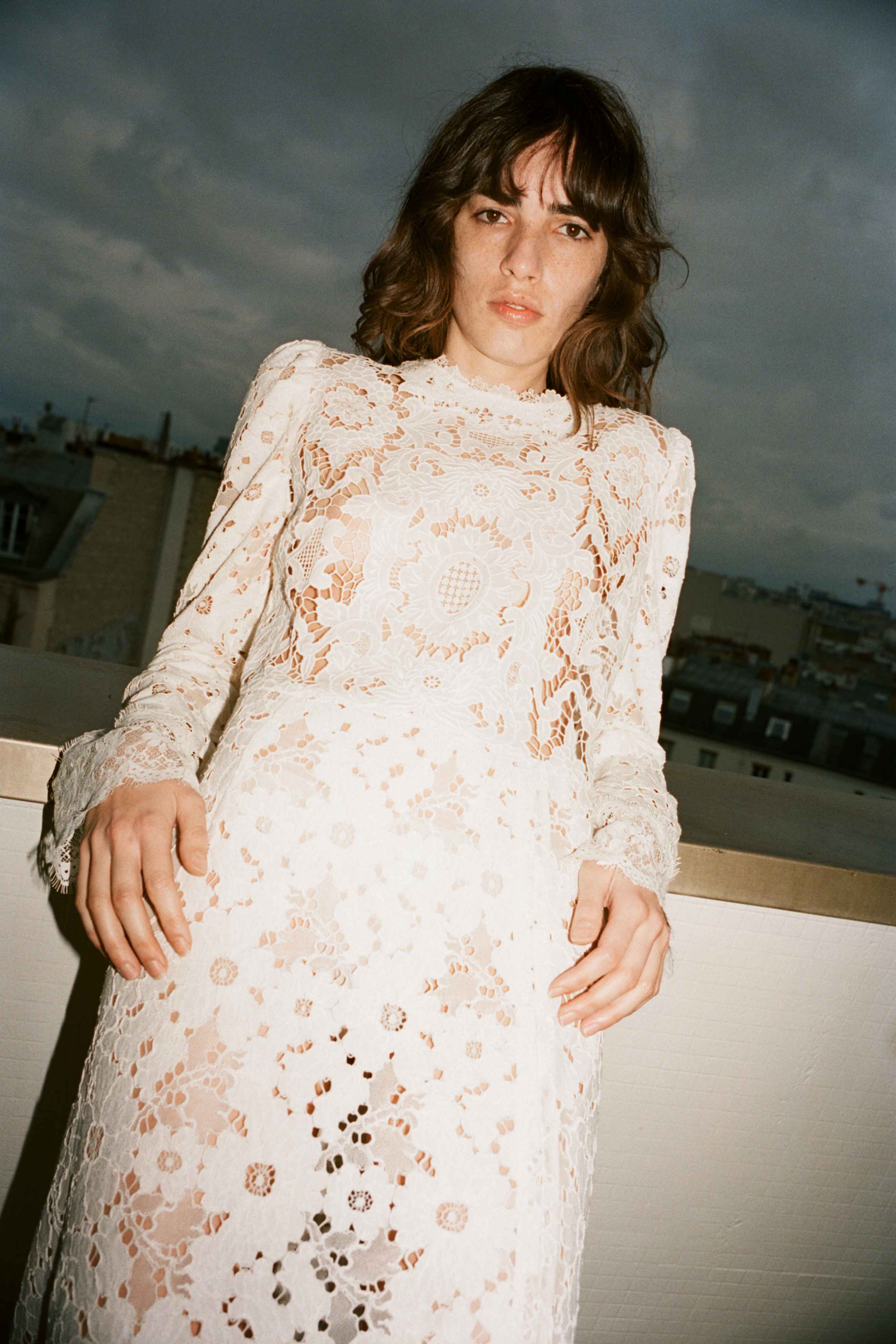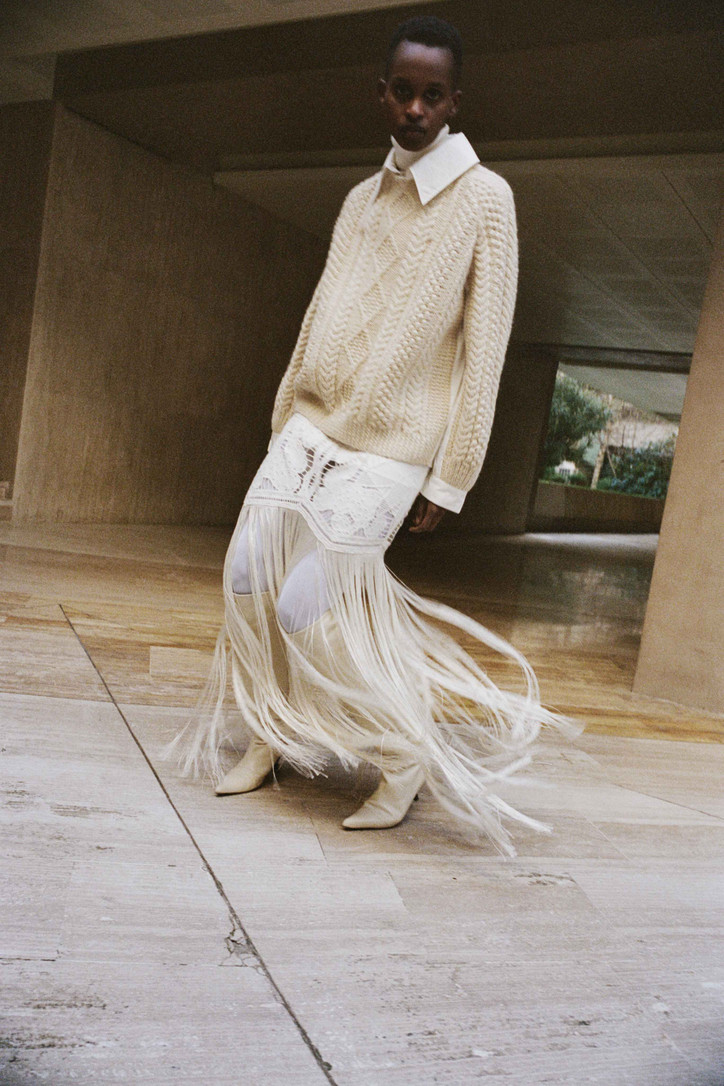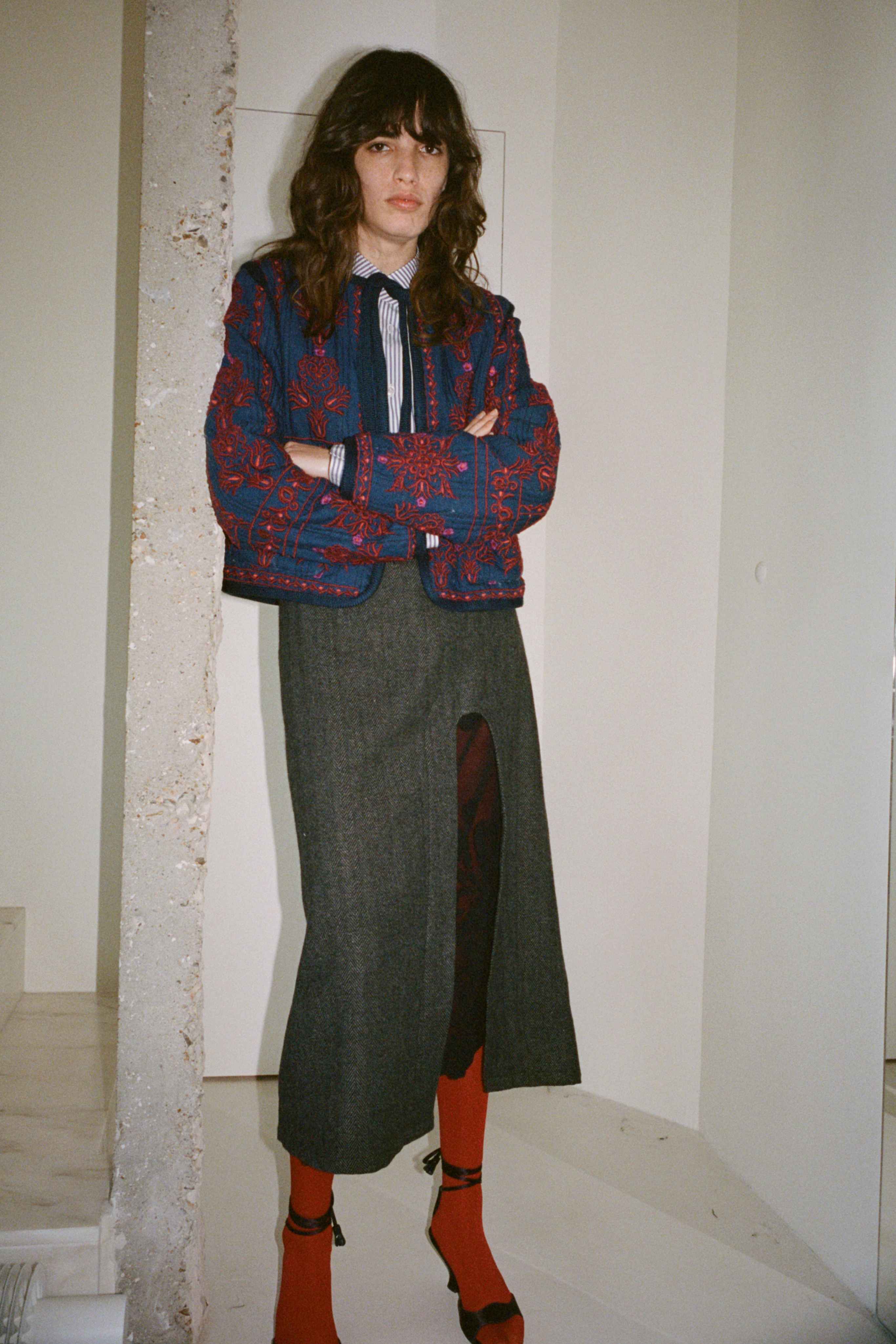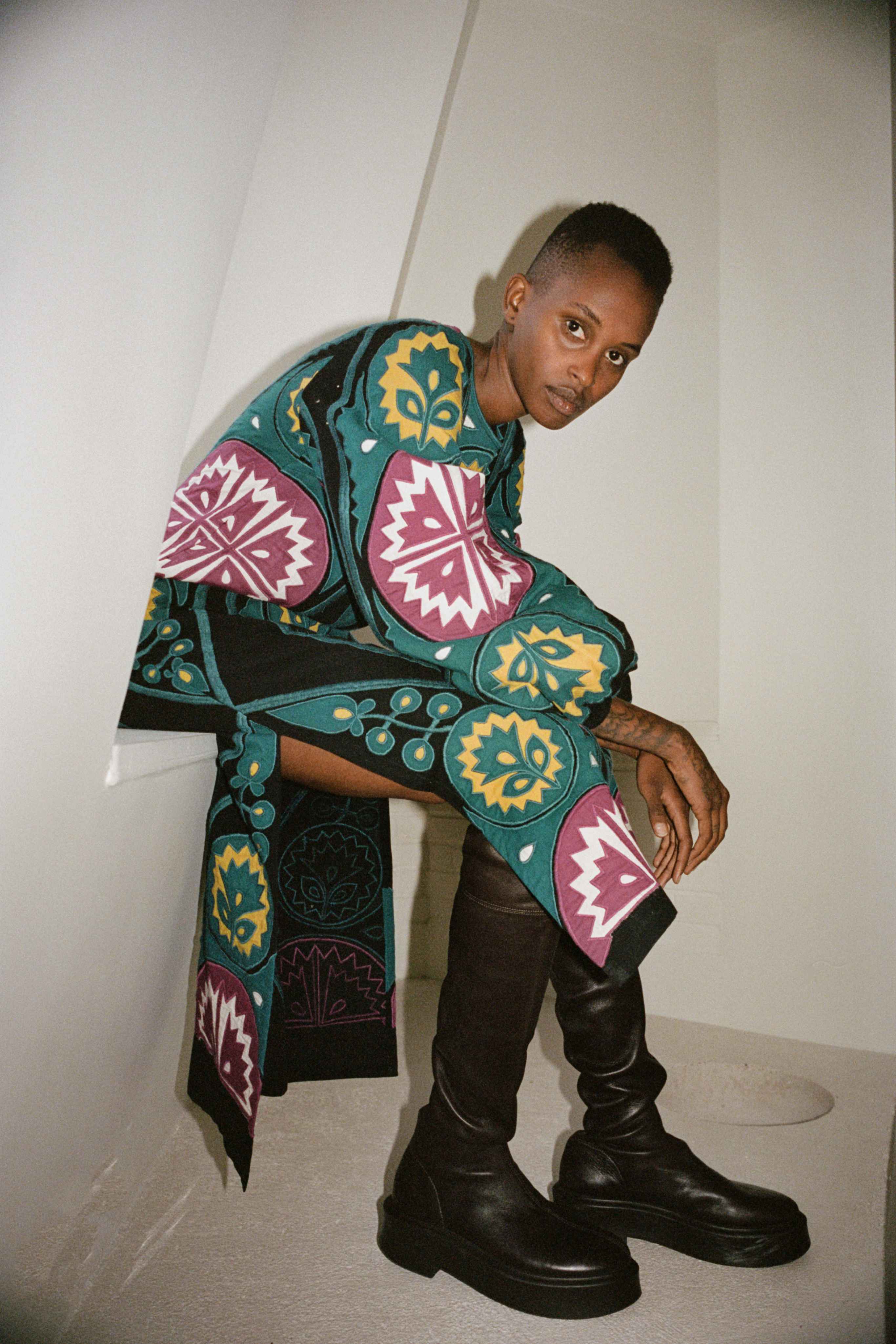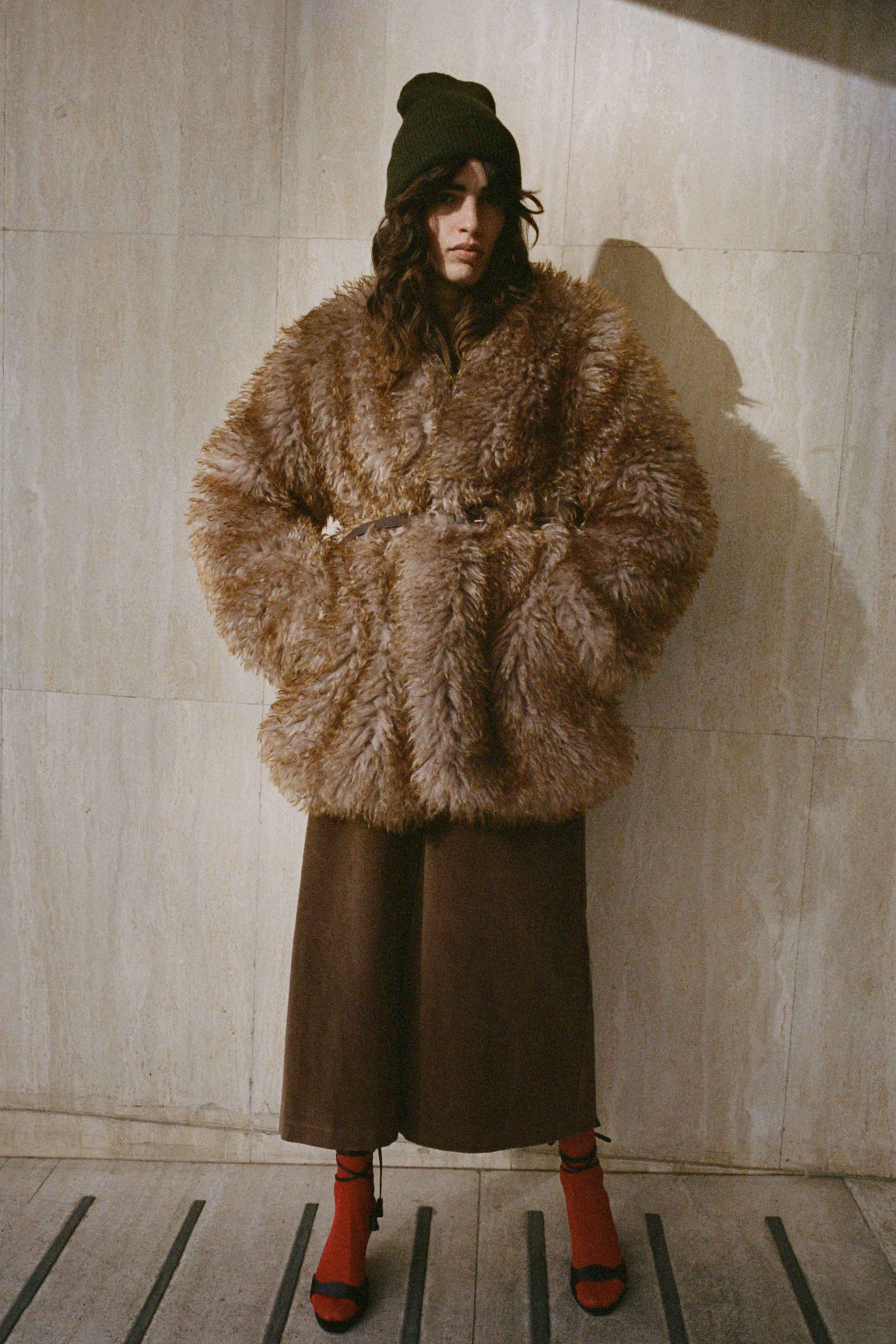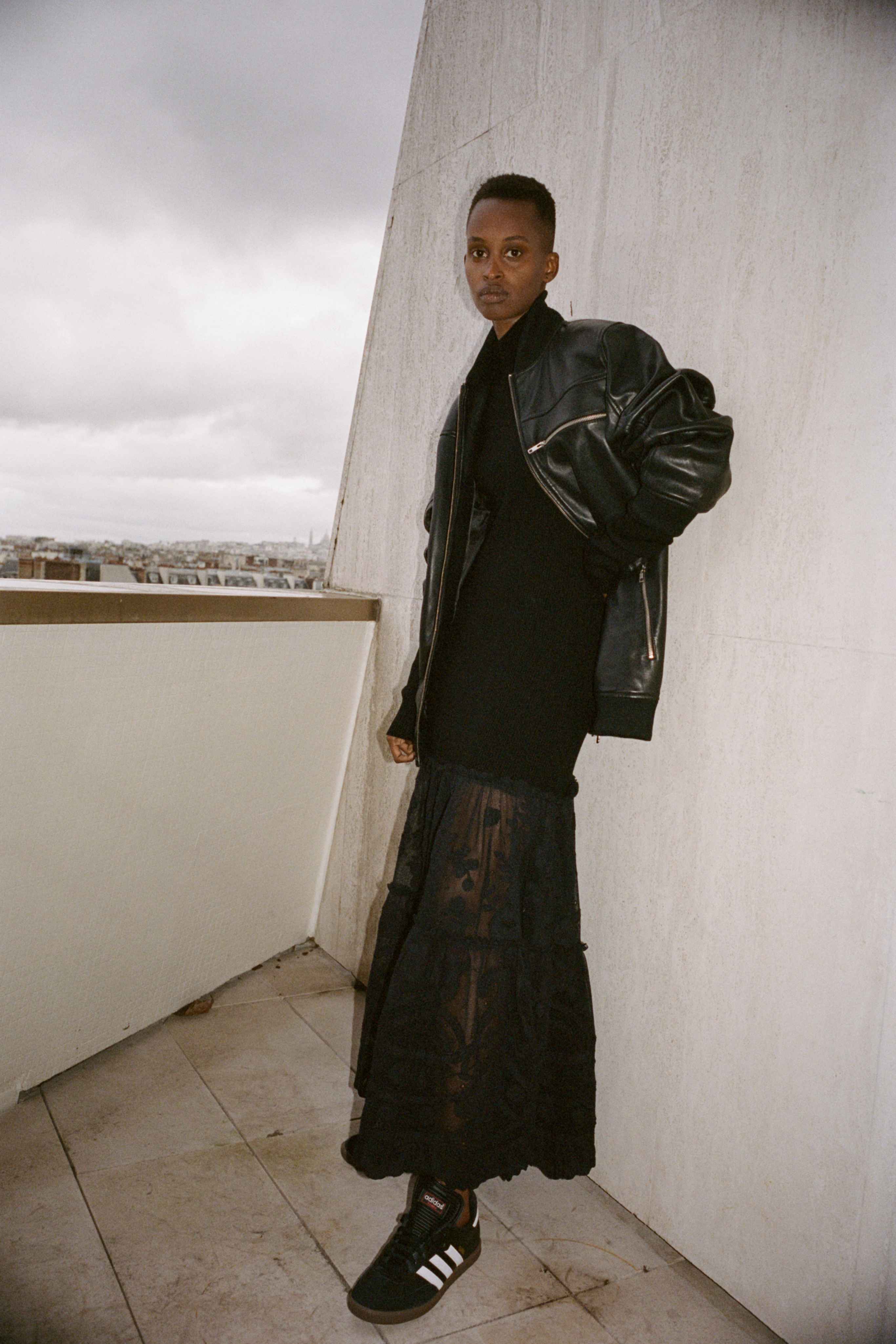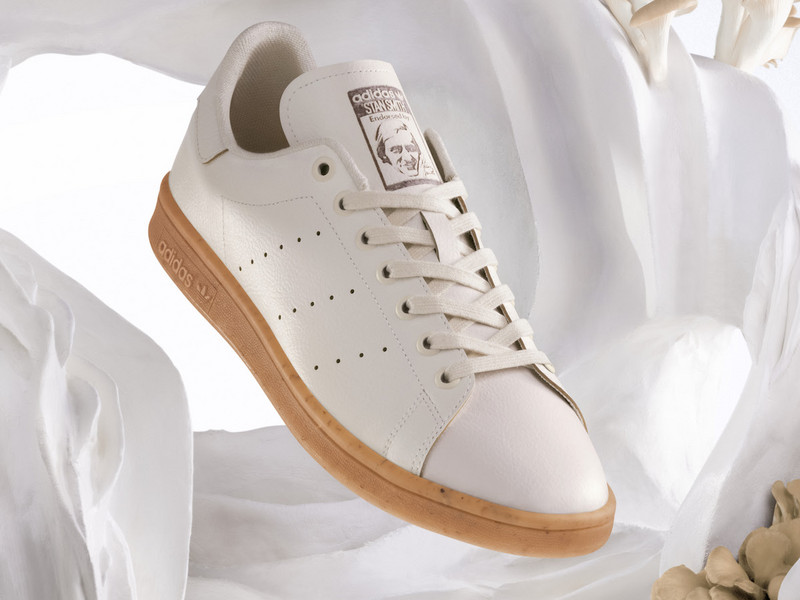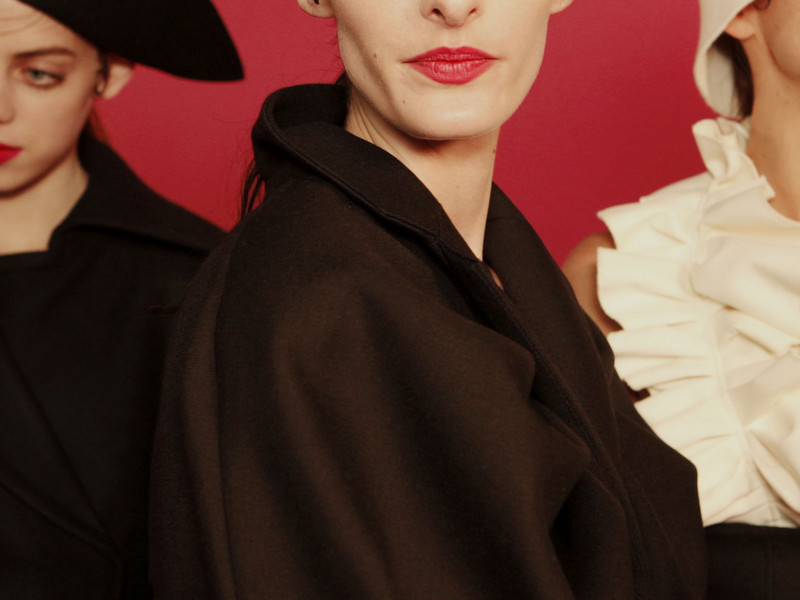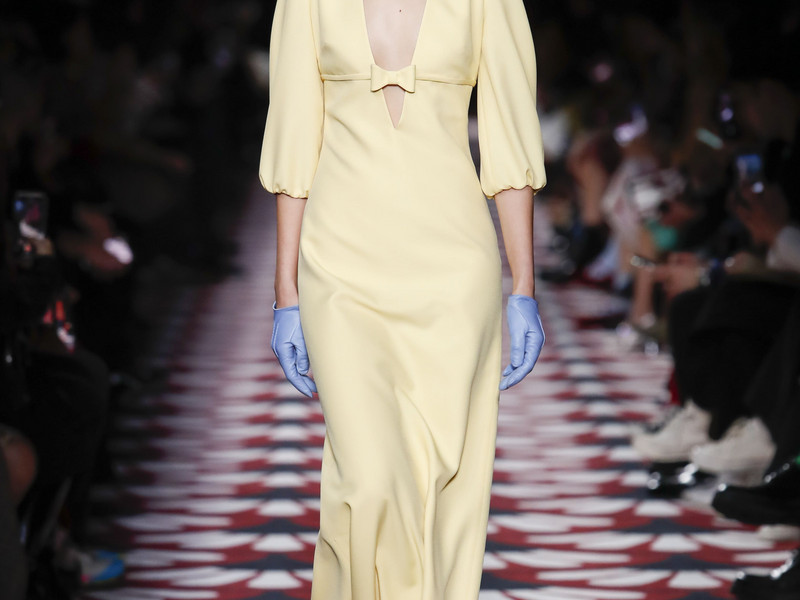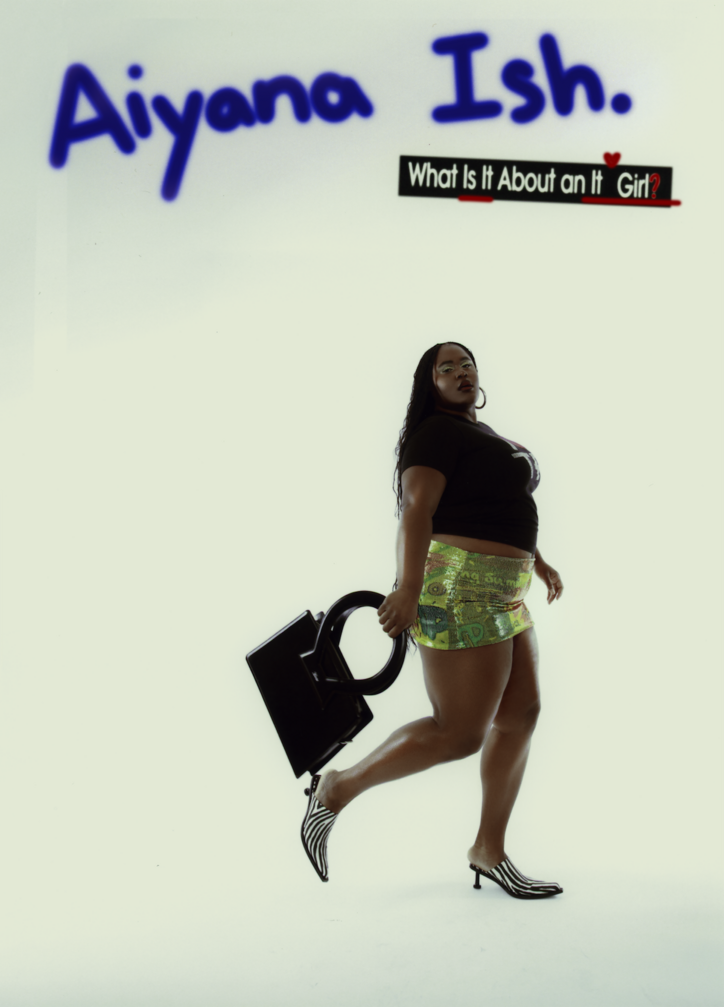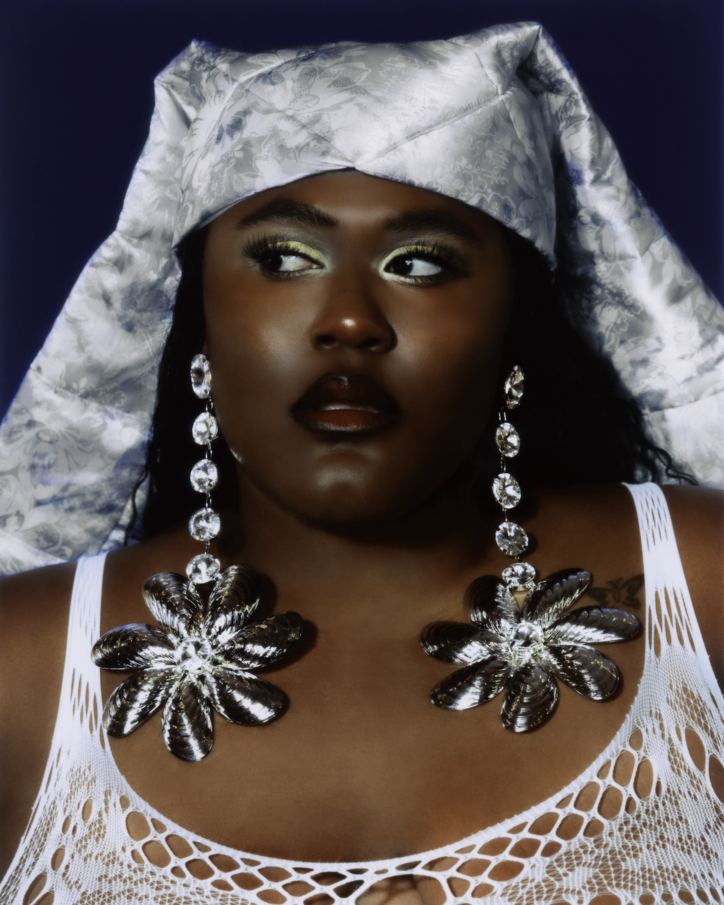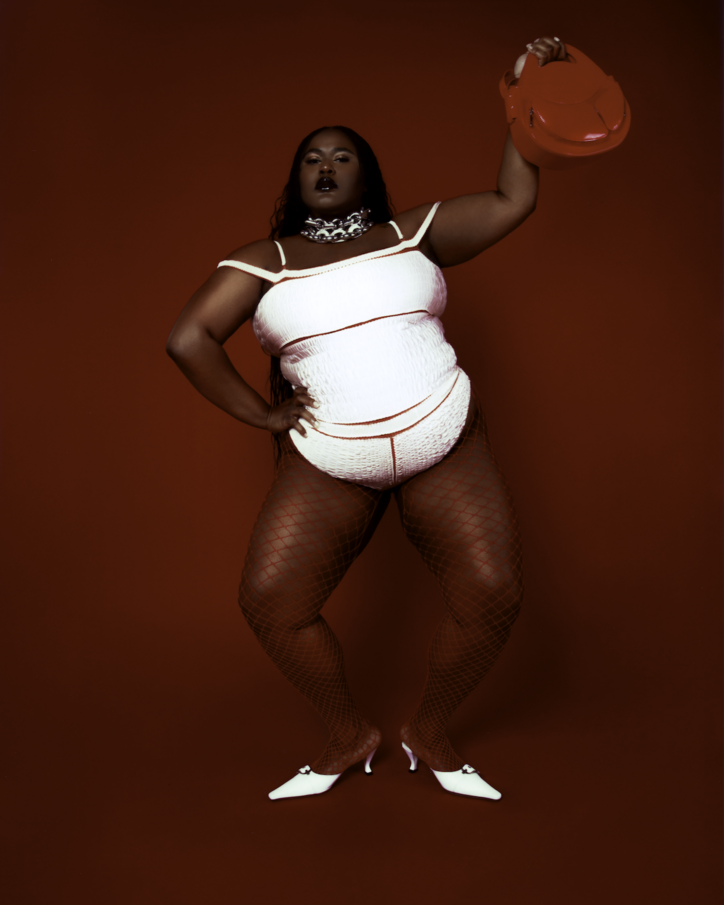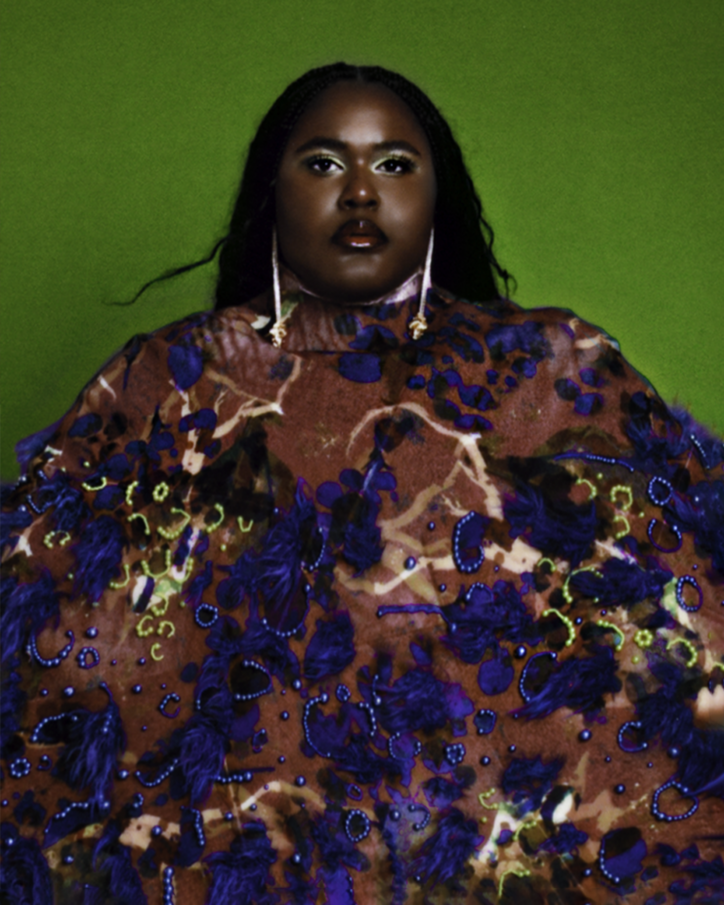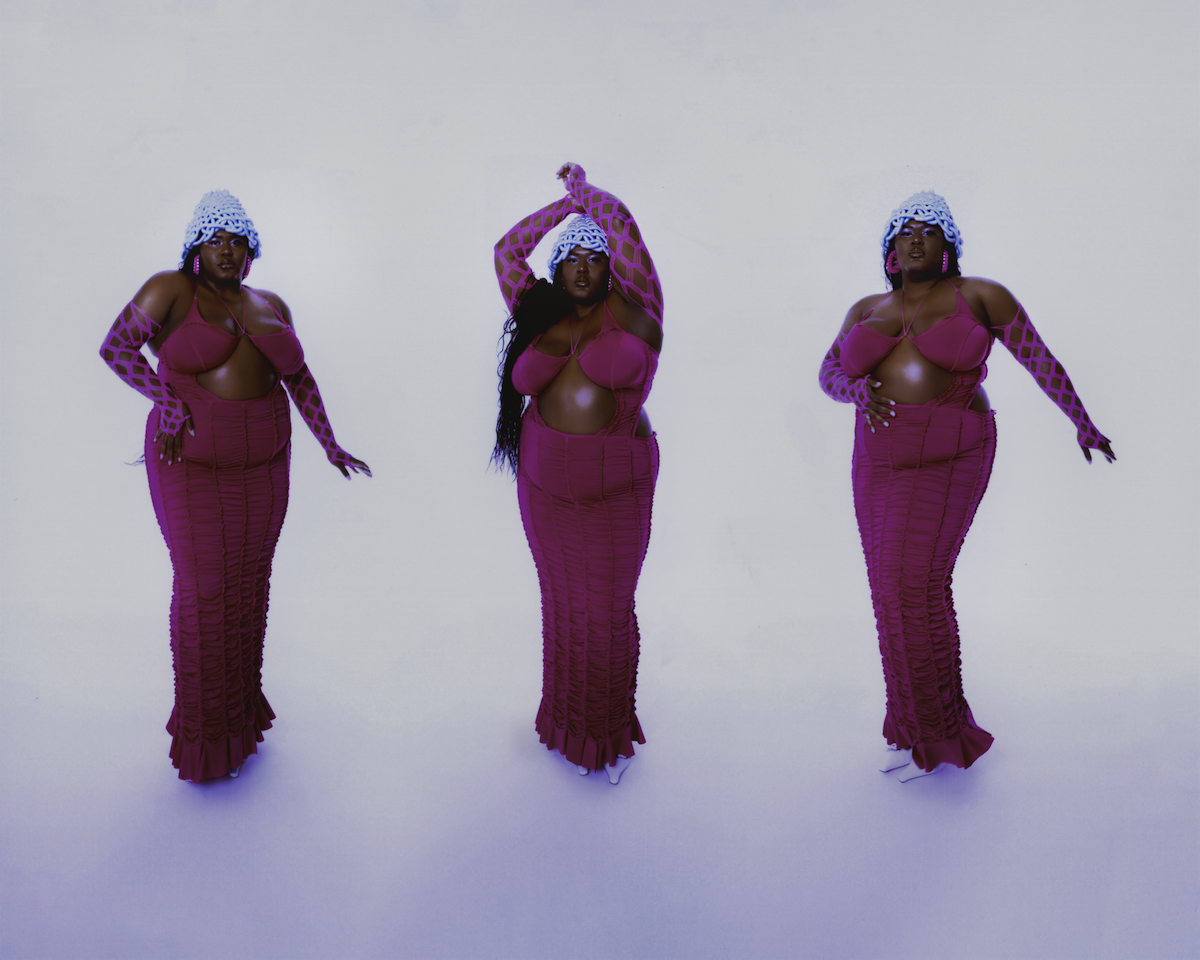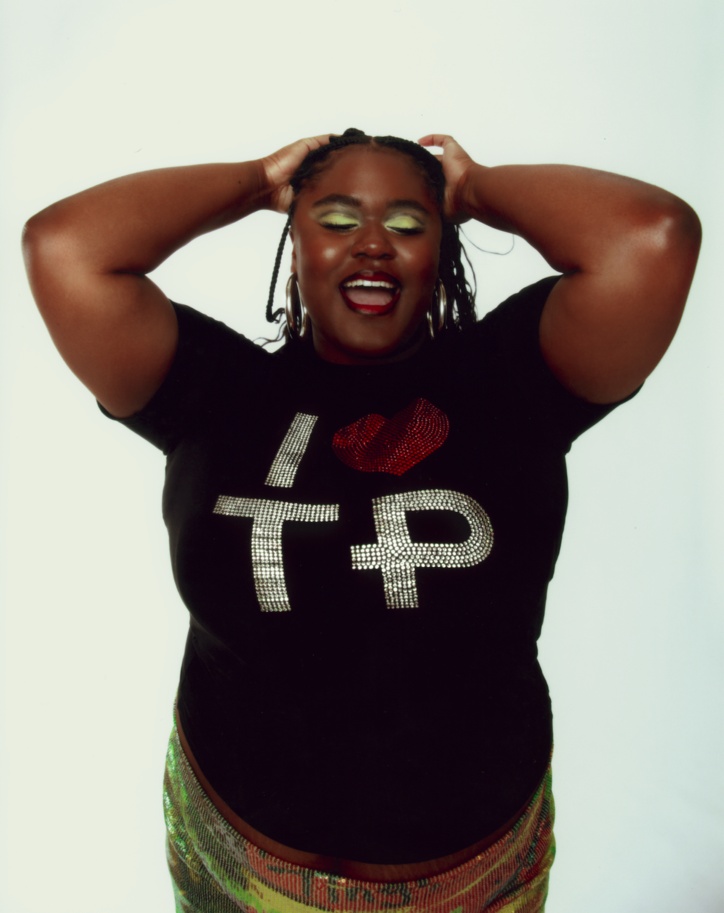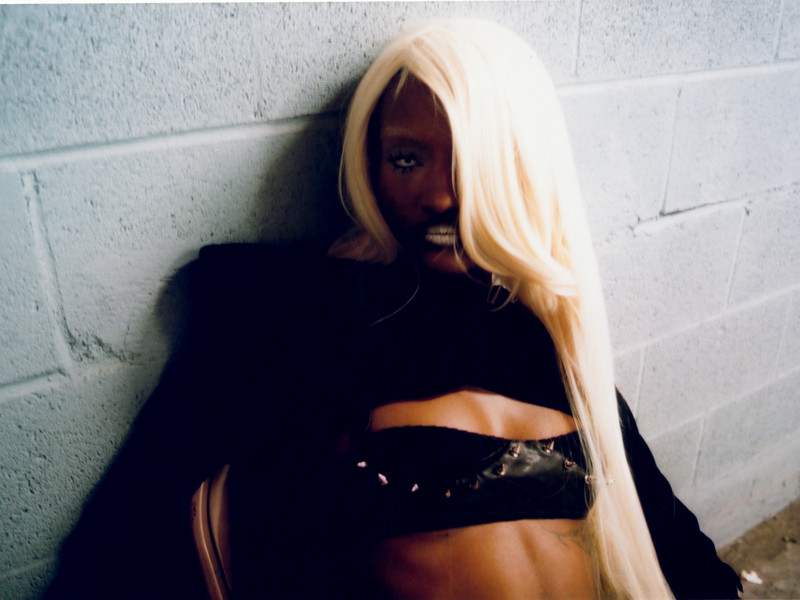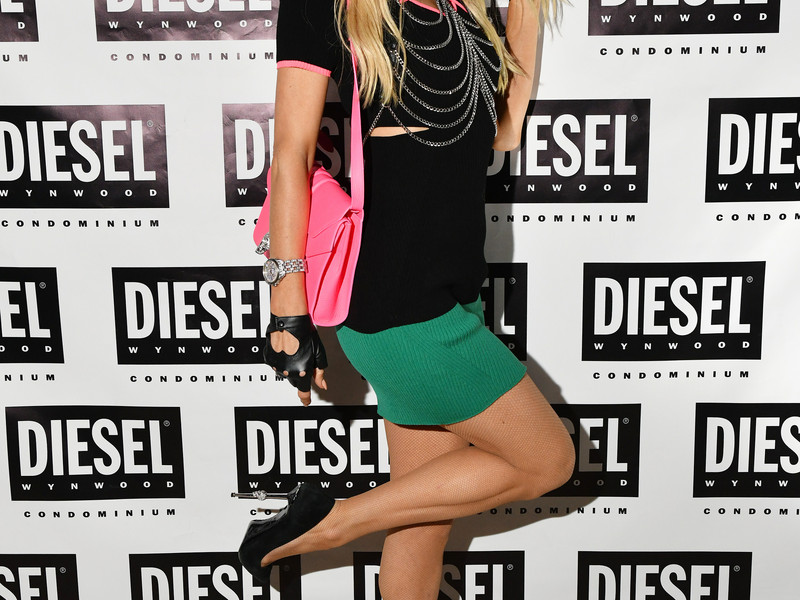On your website, you call yourself a recovering theater account, which spoke to me in so many ways because I was never encouraged to do theater and now in adulthood I wish I had. With your job now, which is more public facing, what aspects of your theater upbringing do you feel are in your life in fashion now?
All of it honestly. Theater really shaped me. I started when I was in sixth grade when I really doubted my ability to pursue a career in fashion so by chance and by luck, there was a moment in middle school when I became obsessed with theater and acting and thought, 'Well maybe I can become an actor.' I did three years in middle school and then I auditioned for Magnet School for the Arts in Miami and didn't think I was going to get it, like 300 kids applied and they only had space for 30. I ended up getting in and that program really changed my life because it helped me realize that I love storytelling, not with acting, but with journalism. In my program, we focused heavily on script writing, which I use a lot more in my adult career than I did in college.
That's so interesting.
Yeah. At Teen Vogue, we're very conversational and friendly, which is how I learned to do narrative writing in my theater program in high school. I feel like now I'm learning to play with my words the way I was when creating monologues versus when I was a sports journalist at my community college. Theater kids get a bad rep and are made fun of, but I've never known a theater kid that wasn't the most competent person in the world. Theater made me so confident even in how I show up to rooms, like not being afraid to walk in with my head held high. I don’t care about being embarrassed or feel afraid to do anything now.
I can't help but think about growing up in a bigger body, knowing that you're interested in fashion, and being on a stage. Confidence seems like everything. Without that confidence, how are you going to walk into Teen Vogue? How are you going to post on Instagram? How are you going to do anything?
How have you navigated your relationship with your body and with fashion?
It's been difficult. Where you grow up plays a huge role in it. Obviously, I was obsessed with fashion and the industry magazines, but constantly seeing models that didn't look like me and editors that didn't look like me, I wasn't sure how I could actually make it in this industry and feel like I belong. That also translated to growing up in Miami became I spent most of my life being the only Black person in my classes. I was just talking to my coworker about this. I didn't realize that I had spent my entire life holding my breath until I got to my historically Black university and was no longer the only Black person in the room, or the only fat person in the room. I felt an ease, a sense of comfort and community, which I didn't have for the first 18 years of my life. I also didn't realize that was the root of my anxiety. Fashion is cutthroat. If you're not that kind of person it's really hard to make it. I had a profession tell me that if I wanted to work in fashion, I need to say it with intention. If you don't believe in yourself, nobody's going to take you seriously. That day changed my mind and made me realize that if I keep sidestepping my dreams, I'm never going to actually get there.
A hundred percent. Did you know you always wanted to attend an HBCU?
Not at all. Both my parents actually attended a historically Black university, South Carolina State University, which is where they met and they were very big on going to an HBCU. My older brother went to SC State too. My parents lightly mentioned it but knew I was also leaning in many directions. They knew I cared heavily about theater at first and heavily about journalism so that was the reason I had gotten into what I thought at the time was going to be my dream school. I applied to Hofstra University in Long Island because it was 45 minutes from the city, so I thought about interning and they have a decent journalism program, but they only gave $30,000 in scholarships so my parents just couldn't afford that, which made me decide to go to community college. It was very emotional because I was at a top high school so everyone was going to Yale, Penn State, etcetera and it felt like I was falling behind a little bit.
Community college kind of just changed everything for me. When I was leaving, I applied to two places, the University of Florida and Florida A&M University. Both in-state so I knew they'd be more affordable and both have solid journalism programs. Originally I wanted to go to UF because it's the better program and most of the students are getting internships at The New York Times, but I visited FAMU and immediately felt that I couldn't go anywhere else. I think I would've enjoyed my time at UF, but I had a lot of Black friends who said it was difficult because it was predominantly a white institution and the Black community is very small. There were a lot of microaggressions and stuff like that, so I'm grateful that I chose FAMU and FAMU chose me, because it really changed how I saw myself. It brought back my confidence in a way. Being surrounded by people that looked like me showed me that Black is beautiful and who I am as a person, size and all, is good enough.
